Thinking of getting a puppy? Here’s what I wish I‘d known before taking the plunge
Here are the things every prospective owner needs to know before getting a dog
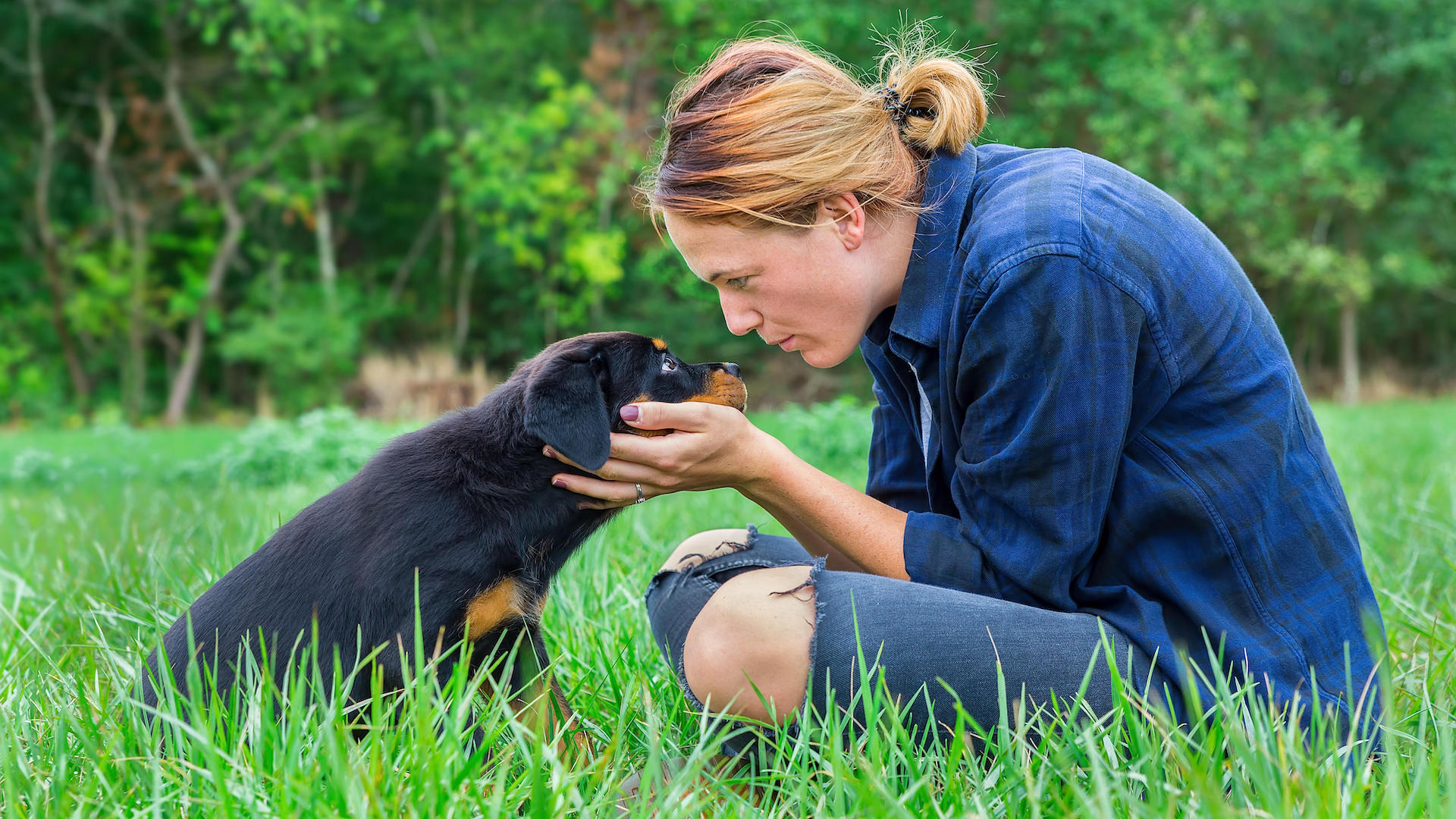
Thinking about getting a dog? You may never again eat a snack in peace or have a clean floor ever again! Whether you’re a first-time pet parent or adding another furry friend to your household, there’s a lot more to owning a dog than many might think. From the daily walks and vet bills to the unexpected messes and endless cuddles (not such a hardship), the experience is full of surprises – both rewarding and challenging. While dogs bring joy and companionship into our lives, it’s important to know what you’re signing up for before bringing one home.
From a lifetime’s experience of owning dogs and striving to be the best dog owner I can, I’ve put together a list of all the things I wish I knew before getting one, blending serious advice with a few lighthearted truths. From the mundanities of training and grooming to the fun quirks that make owning a dog so special, it pays to be prepared for the adventures ahead.
Then bring on the tail wags, fur-covered couches, and moments of pure joy – plus check out our tips on being a first-time dog owner.
32 things to know before getting a dog
1. Be prepared to give them a lot of time

If you’re asking how much time it takes to look after a dog, you’re probably not in the right market. Quite apart from it varying from day to day according to their age, needs, health, and so on, a dog is part of your life. The question is akin to asking how much time it takes to look after a child! It’s not like looking after a goldfish where you can more easily compartmentalise their husbandry.
Factor in around one to two hours of dedicated exercise, plus feeding, grooming (demands depend on the dog’s coat), cleaning, and playing. A puppy requires even more attention than an older dog due to toilet training, socializing, puppy classes, and other rites of passage.
2. You’ll never eat a snack in peace again
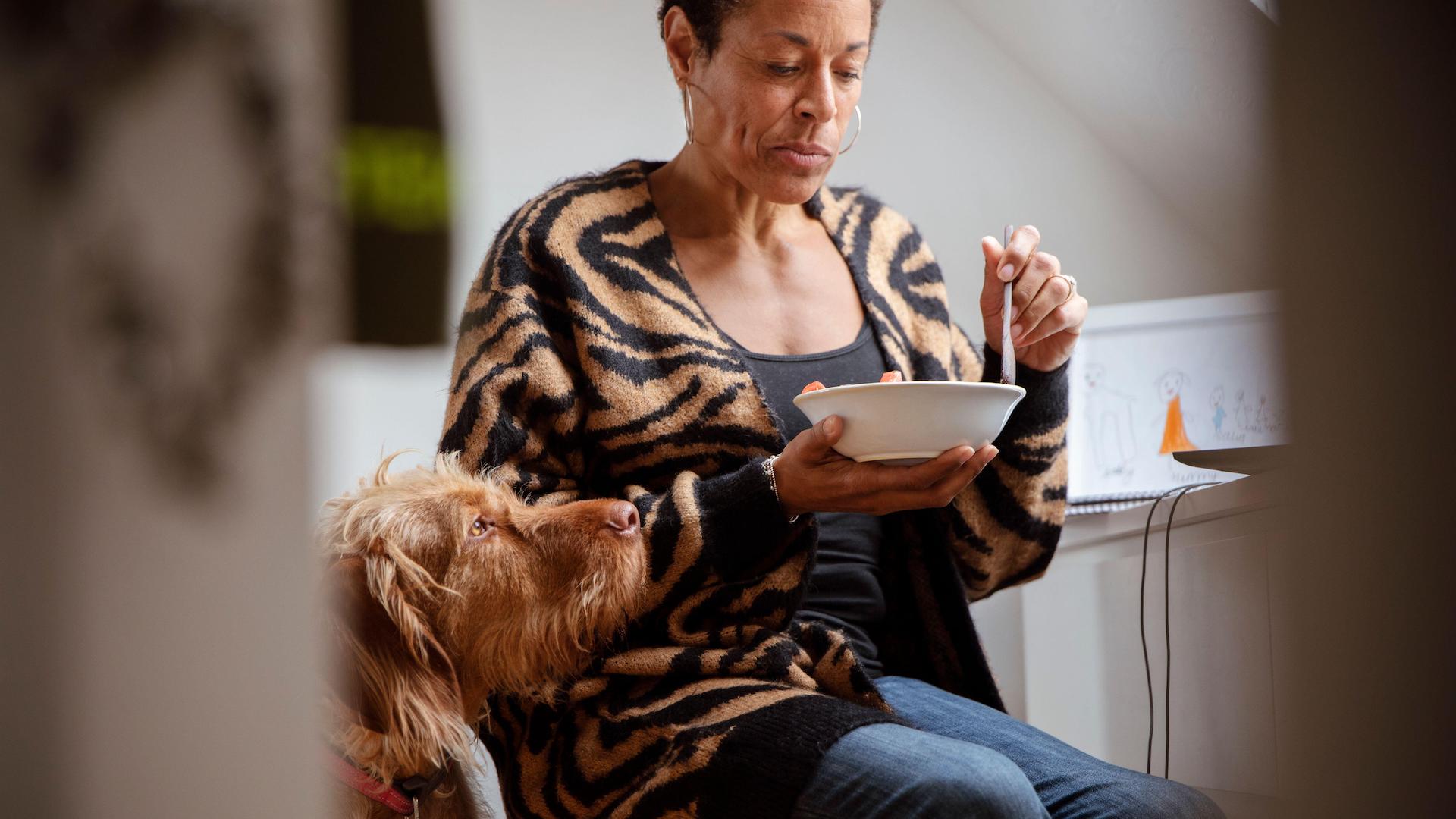
Your days of surreptitious snacking will be over the moment a dog crosses your threshold. With their extra-sensitive noses, you can’t hide behind a door for a guilty titbit, and if you sit in plain sight chomping away, we can guarantee their covetous eyes will be watching longingly every time a morsel enters your mouth.
3. The expenses mount up
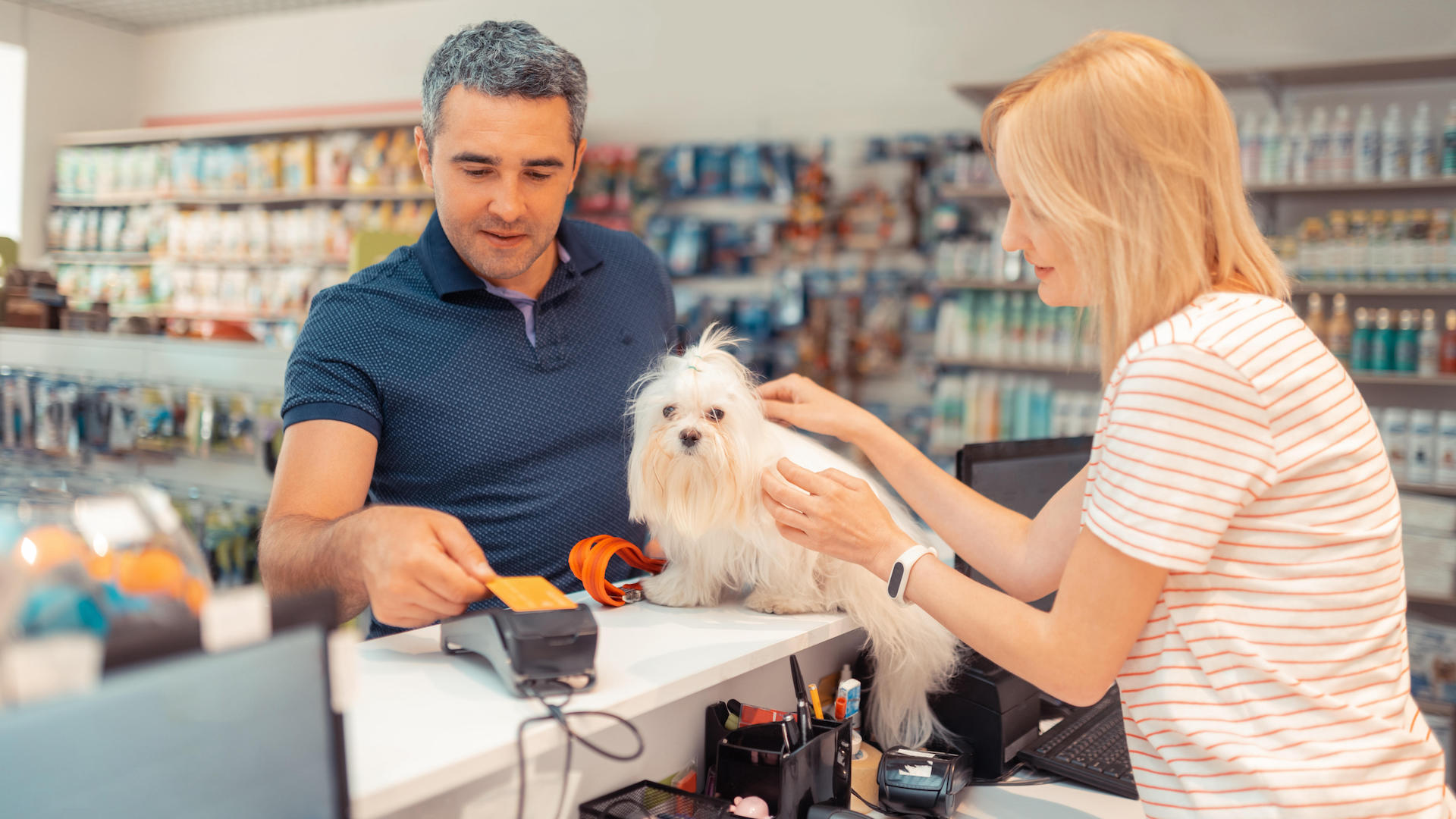
You can read articles that estimate how much it costs to own a dog. However, with pets, there are always situations. That unexpected extra vet bill (we recommend investing in some of the best pet insurance to help offset the costs), an extremely expensive but entirely essential paw-pad balm he suddenly requires, the new bed to replace the one he chewed to pieces... the list goes on.
Get the best advice, tips and top tech for your beloved Pets
4. Dog hair – everywhere
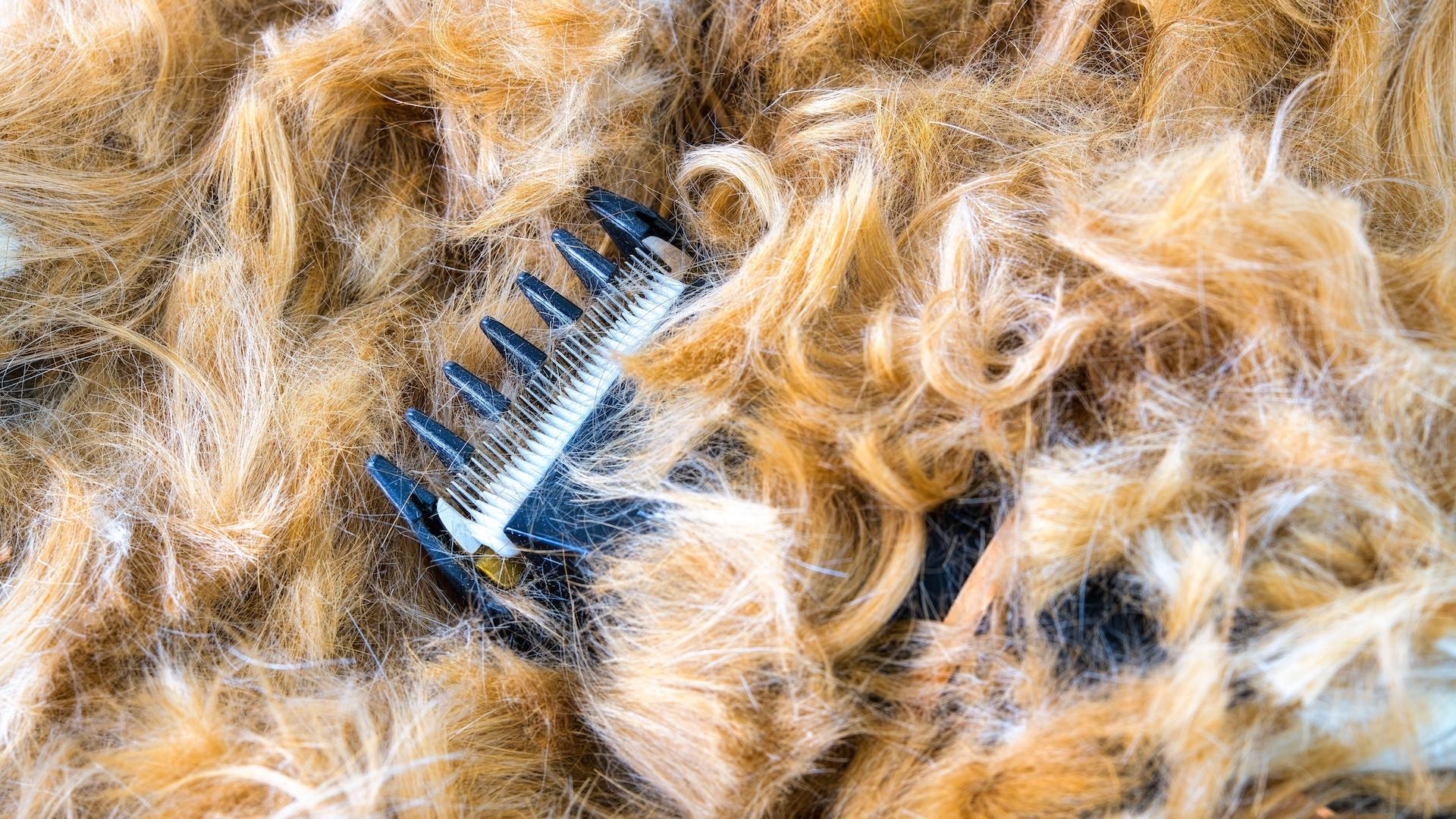
The amount of hair festooned around your house and furnishings depends on the dog, but unless you go for one of the breeds that hardly shed, there’s going to be more hair than you could ever have expected. You’ll find it everywhere: on the couch, the carpets, the floor, your clothes... You’ll need to invest in one of the best vacuum cleaners for pet hair, and to use it regularly.
5. They don’t come house-trained
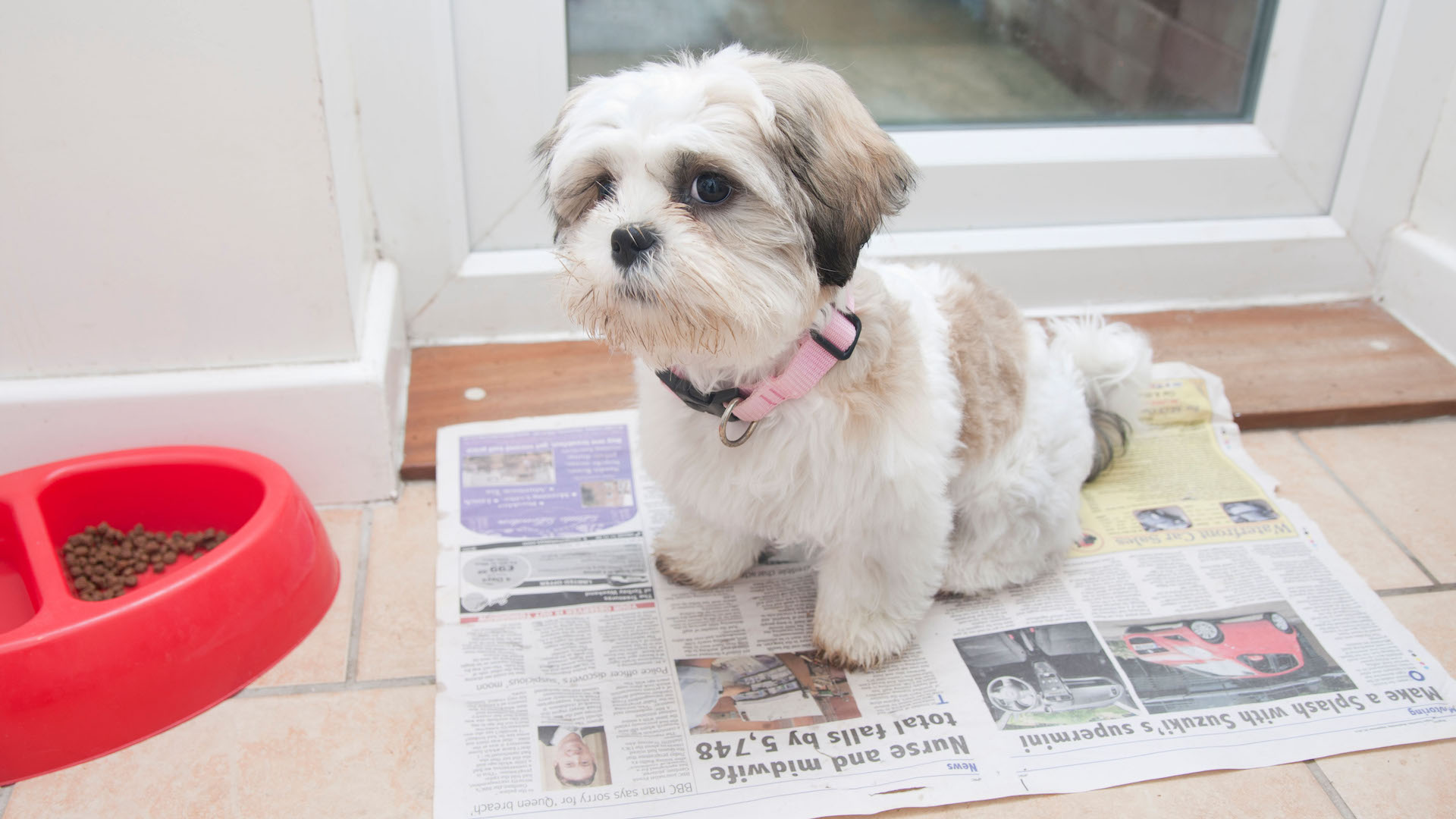
Potty training your dog needs commitment. While puppies tend to leave their birth homes at around eight to 12 weeks, it’s likely to be four to six months before they are reliably house-trained. In this period – which can seem to last a very long time – you can expect accidents in the home, on the white carpet, or even on the couch. And you’ll be getting up far earlier than you might want to, just to give your puppy every chance of doing his business outside and not in.
6. Your home will never be clean again
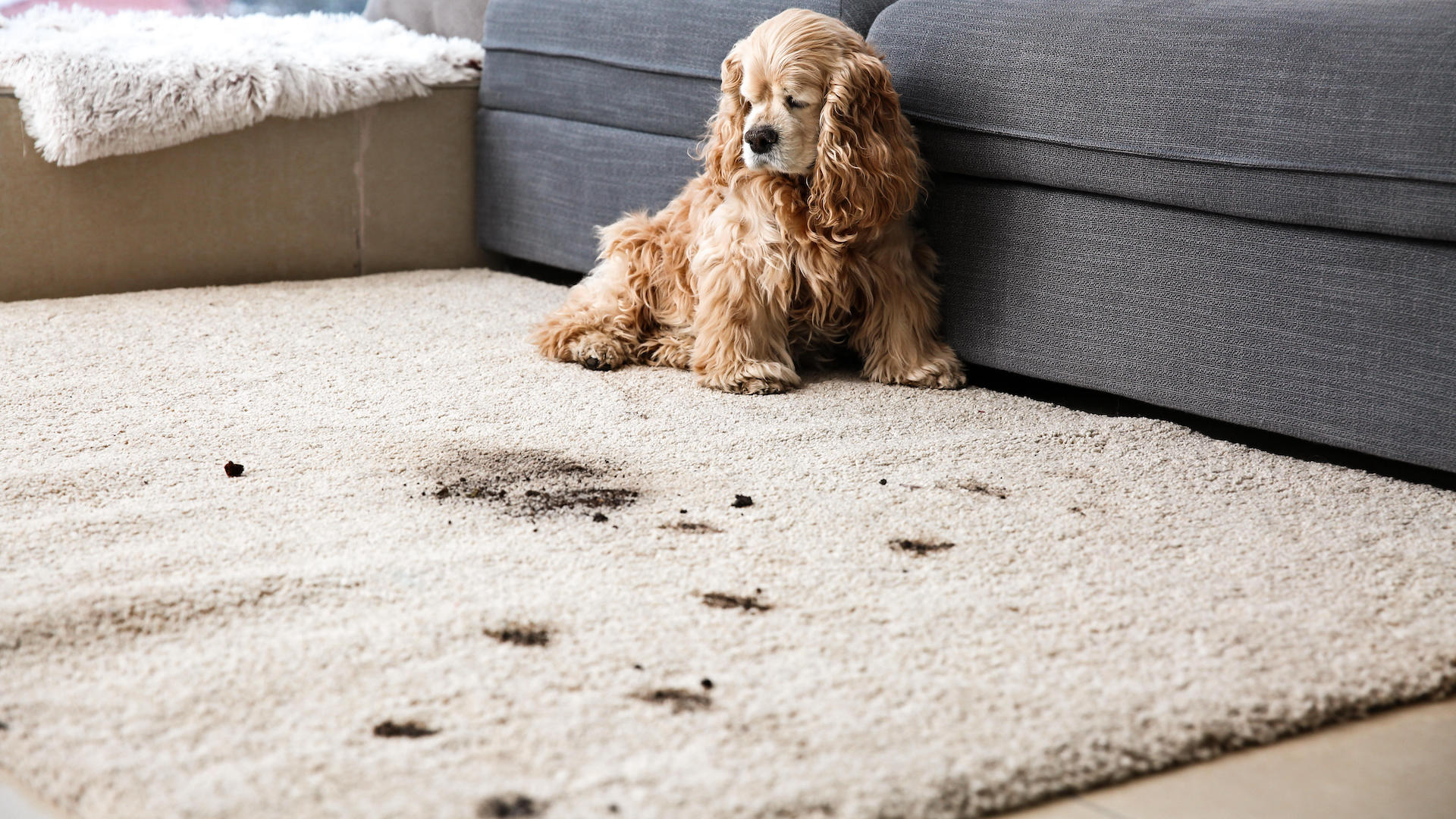
Dogs don’t know how to wipe their feet – at least not consciously. Unless you manage to stick to pristine walkways for your daily walks or are extremely conscientious about never letting your dog out and then in without a thorough wash, you are going to have mud in the house. Change your carpets to dark ones with minimal pile – or better still, install wooden or laminate flooring.
7. They need socialization
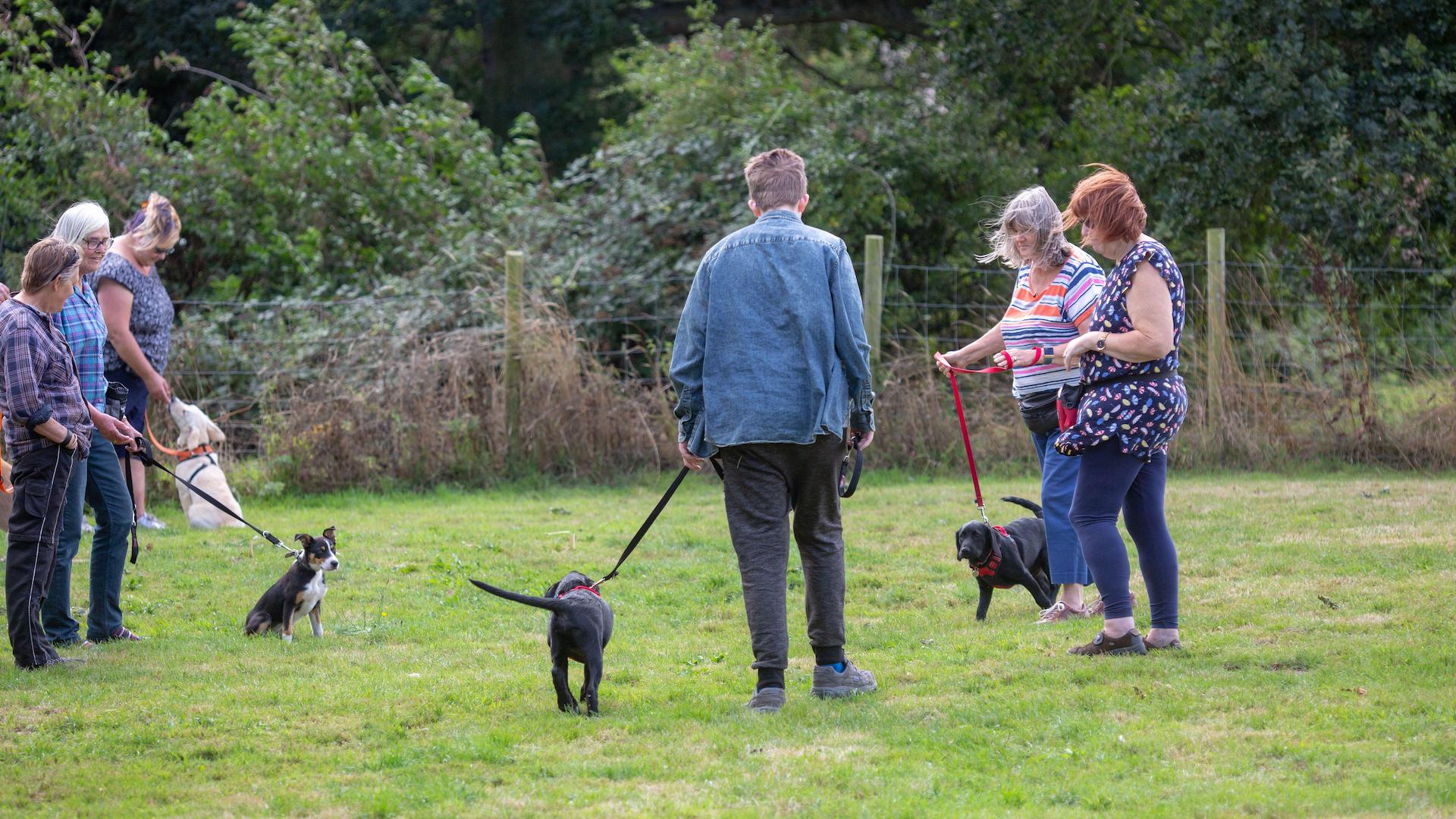
You thought your company was everything your new pup needed, right? Wrong. Dogs need socialization in their first few months of life – both with people and other dogs – to give them the best chance of growing up calm, relaxed, and confident. It sets them up for success as they integrate into the world. It can prevent them from being fearful or anxious, introduce them to sights, smells, and sounds to which they need to become familiar and reduce their likelihood of being aggressive later on.
8. You’ll schedule your life round their needs
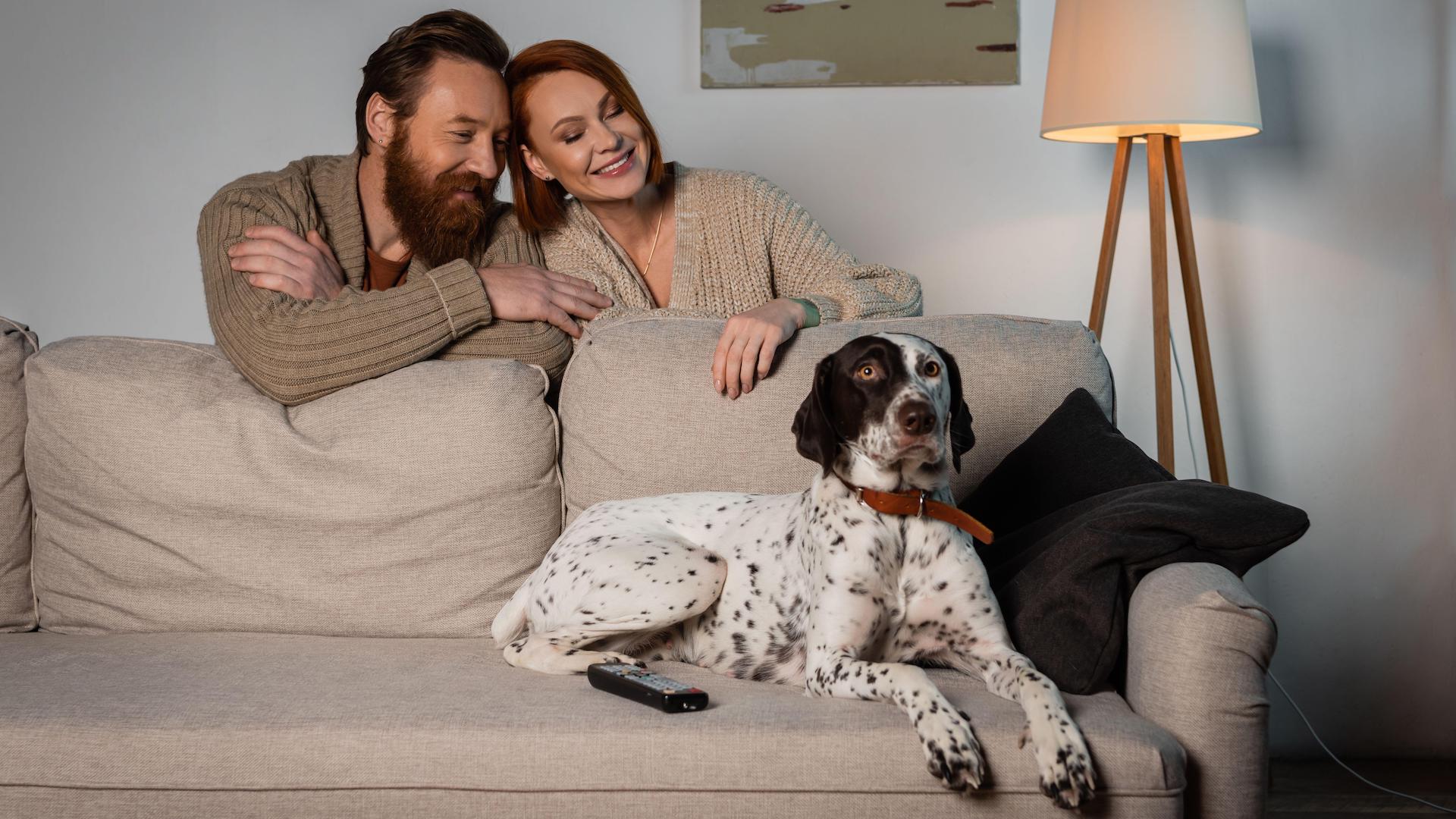
You’ll develop some strange new excuses once you have a dog in your home. “I can’t stay long as Tigger needs his tea”, or find you plan your vacation to places you would never have previously looked at, on account of being able to take pets. No more spontaneous city breaks or sleepovers – the dog rules your diary.
9. They can have destructive tendencies
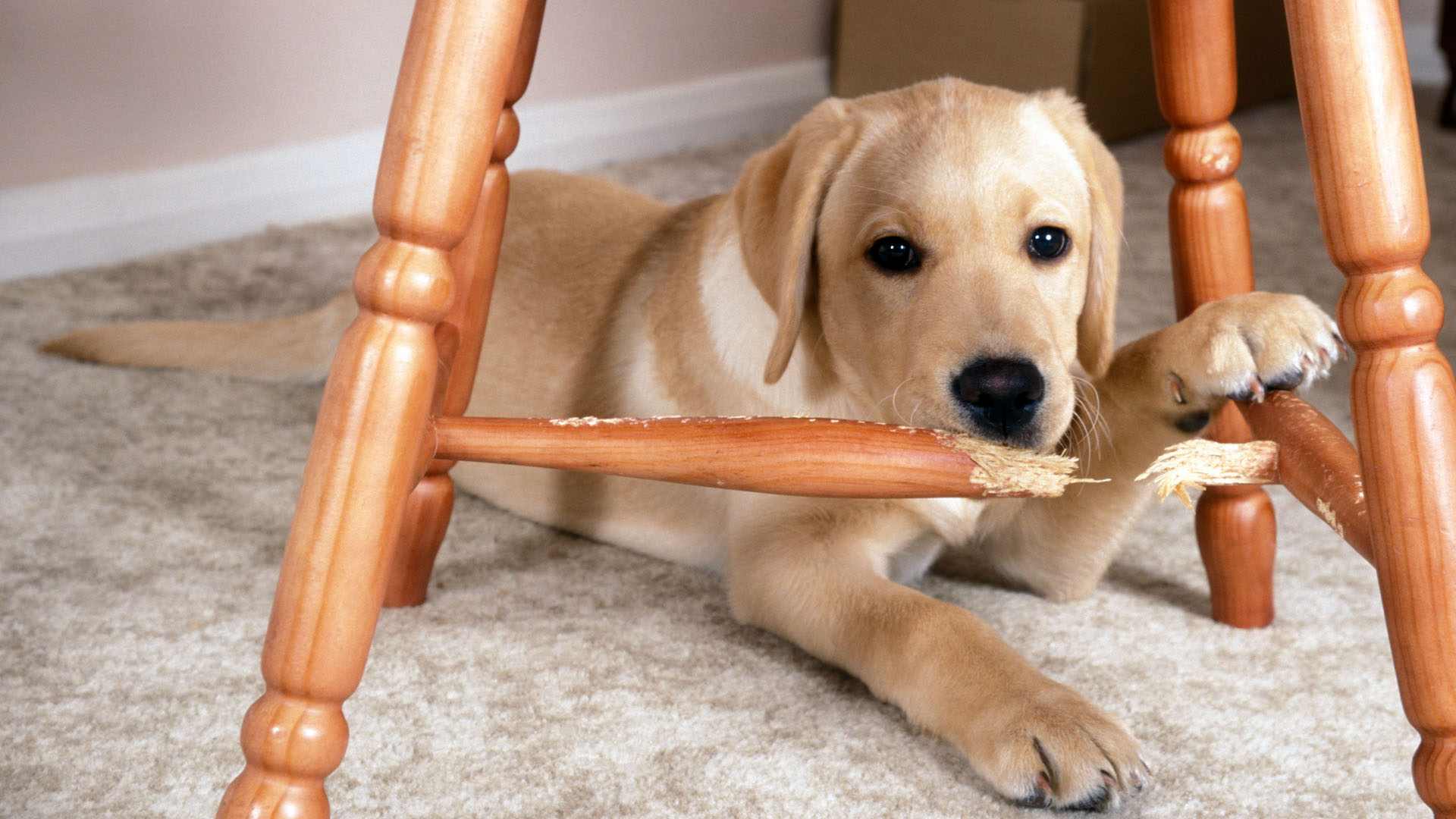
Destructive behavior is one of the most commonly reported problems. Unfortunately, it’s often an offshoot of anxiety, boredom, or a need to let off pent-up energy. There may be phobias, obsessive-compulsive disorder, separation anxiety, or simple frustration underlying the destructive tendencies. Besides ruling out any medical issues, keeping your dog mentally and physically stimulated is essential.
10. You need a yard like Fort Knox
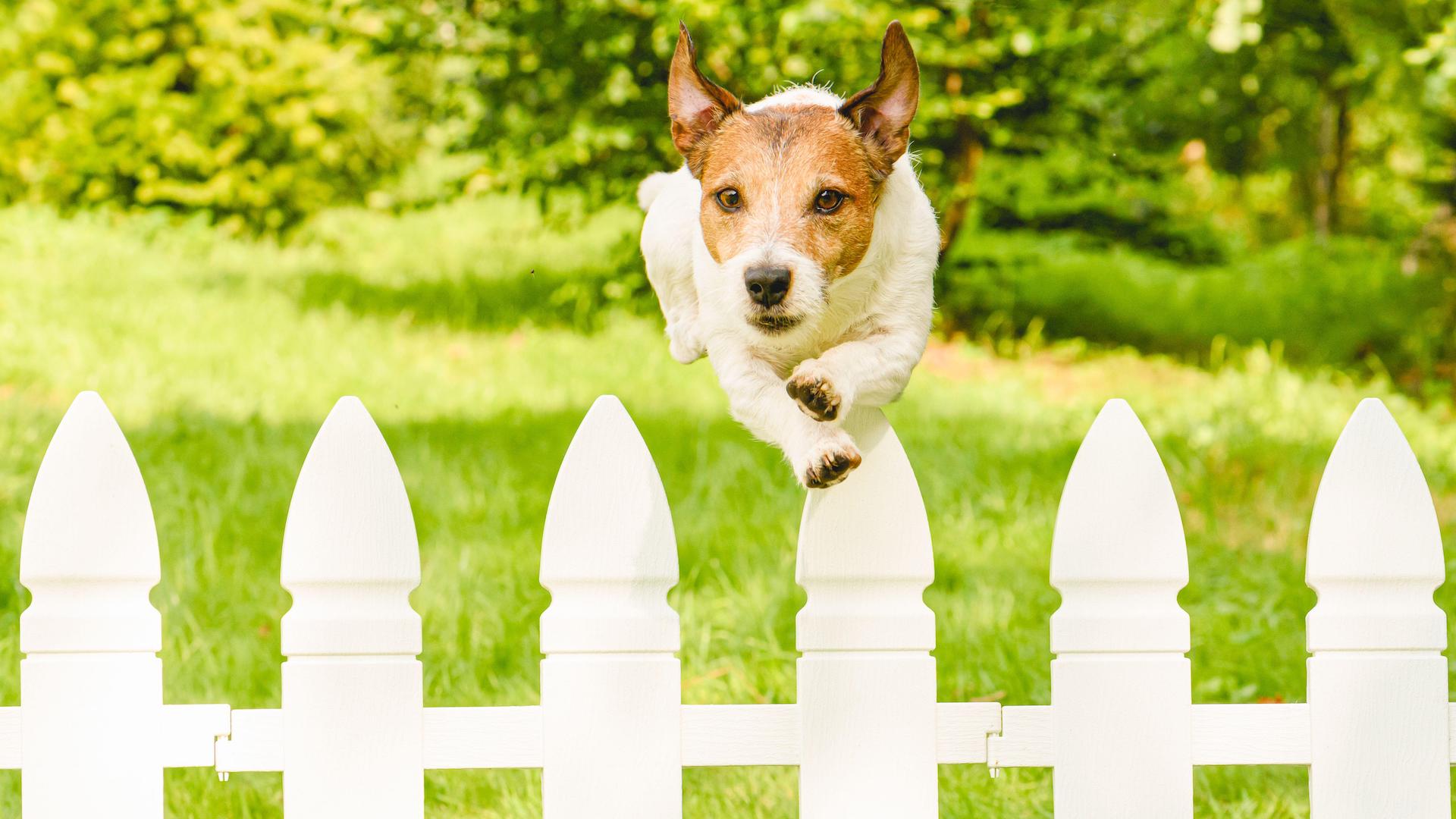
You may need to reconsider your fencing completely. Some dogs dig, some jump, and others simply wriggle through a suitable hole, but many will try to find a way out to explore the big wide world beyond the confines of their backyard.
11. Not all dogs are the same
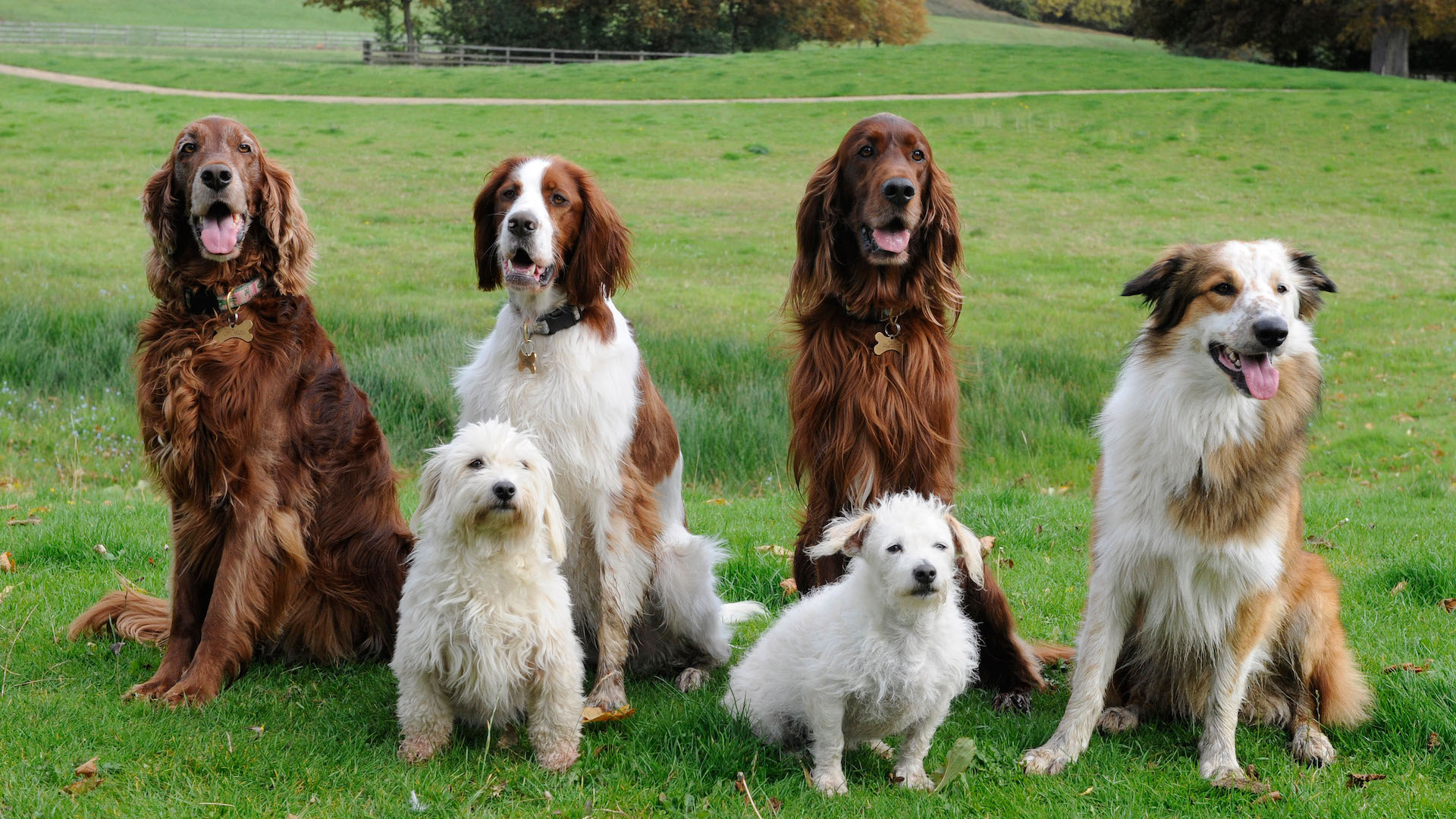
The fact that there is such a variety of dog breeds is both a blessing and a challenge. You can choose whether you want longhaired dog breeds or shorthaired dog breeds, large or small, yappy or quiet. But while different breeds tend to have vaguely similar traits – some are typically more friendly or aloof – every individual has their own character. Don’t expect because you know one Labrador you know them all.
12. Your social media account will be all dog
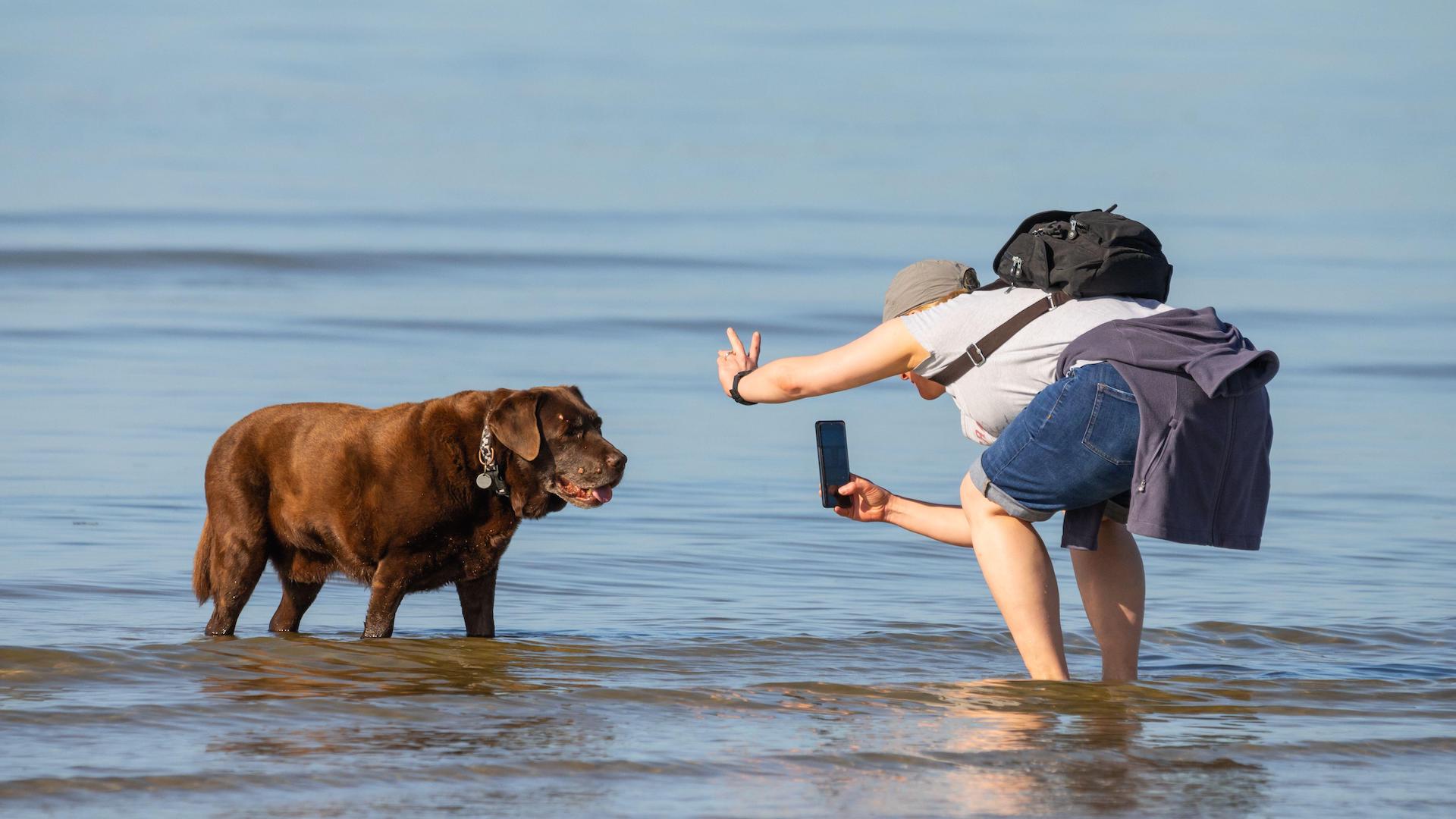
Before you have a dog, your Instagram grid might be a variety show of vacation snaps, tasty breakfasts, and funny memes. Once the dog arrives, it is extremely likely to monopolize all posts. In fact, you might as well get the dog its own dedicated account showing off the best pet poses for social media – or your followers might desert you if canine obsession isn’t their bag.
13. They’ll eat your shoes
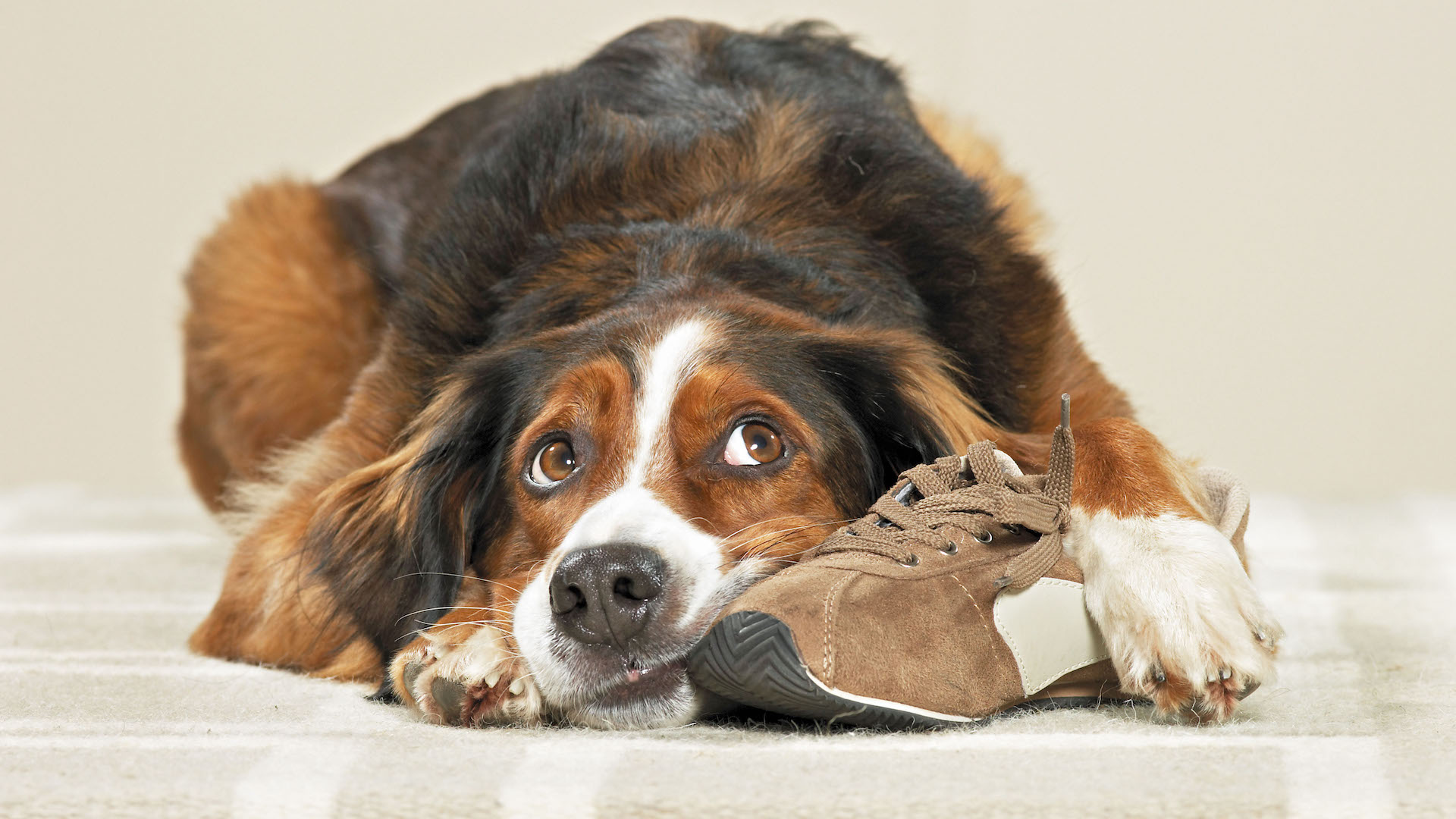
Dogs seem to have a penchant for shoes. In fact they like pinching many of your personal items, so keep an eye on your socks too. But the reason for this is really rather endearing. They love the scent of their owners – and this is particularly strong on a shoe or a sock – so it’s like having a part of you with them. An added bonus, from the canine perspective, is that by stealing your shoes they prevent you from going out without them.
14. They can get anxious
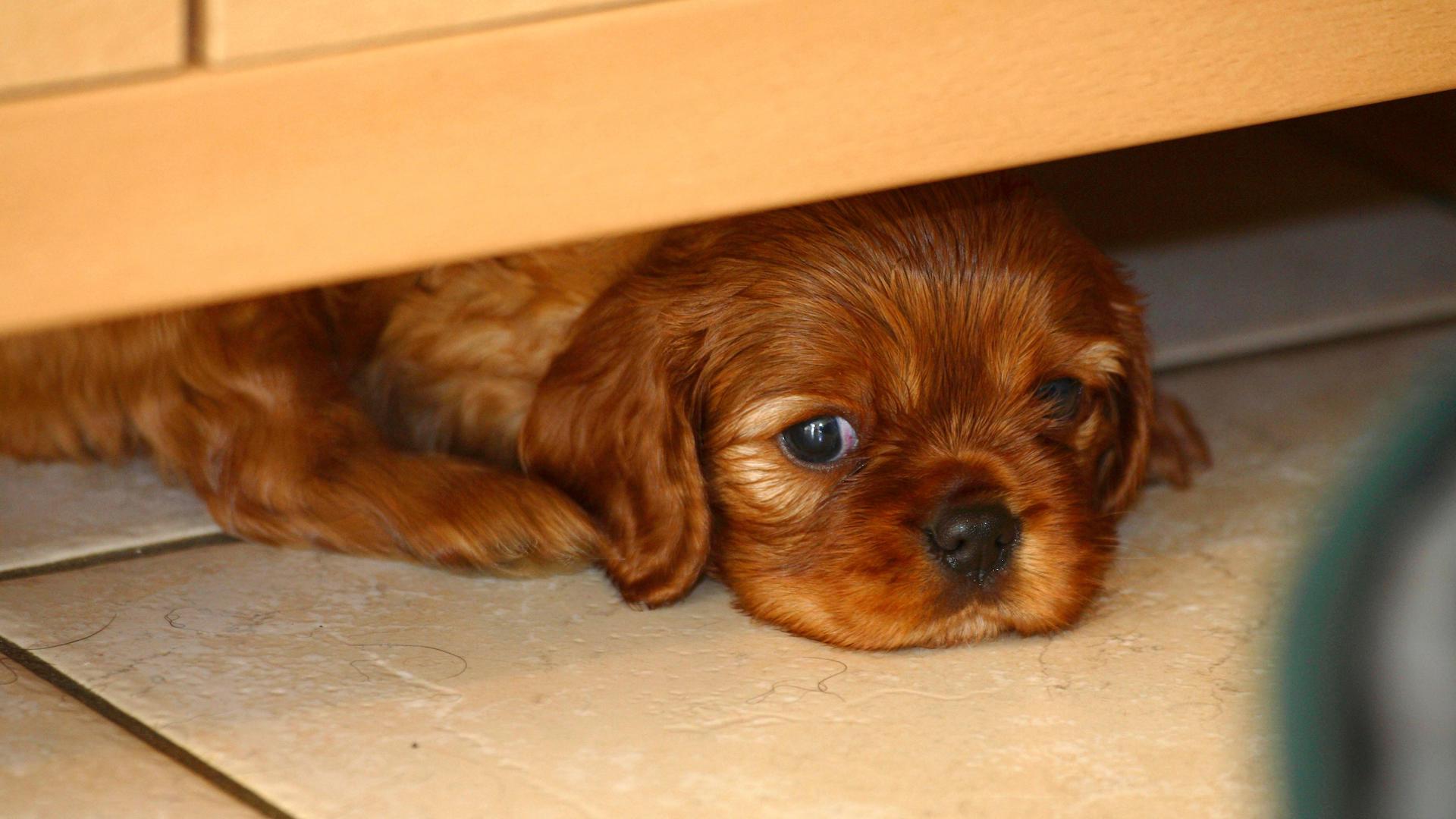
Dogs are great for soothing anxiety in humans – they decrease our stress levels and improve our heart health. However, we’re not the only ones that can suffer from anxiety. Dogs also can get anxious and stressed, often due to past trauma or experience. Many are prone to separation anxiety – it may be worth reading up on how to reduce separation anxiety in dogs. Just because they can’t talk or cry doesn’t mean there isn’t a whole world of emotions going on behind those beguiling eyes.
15. They hate fireworks
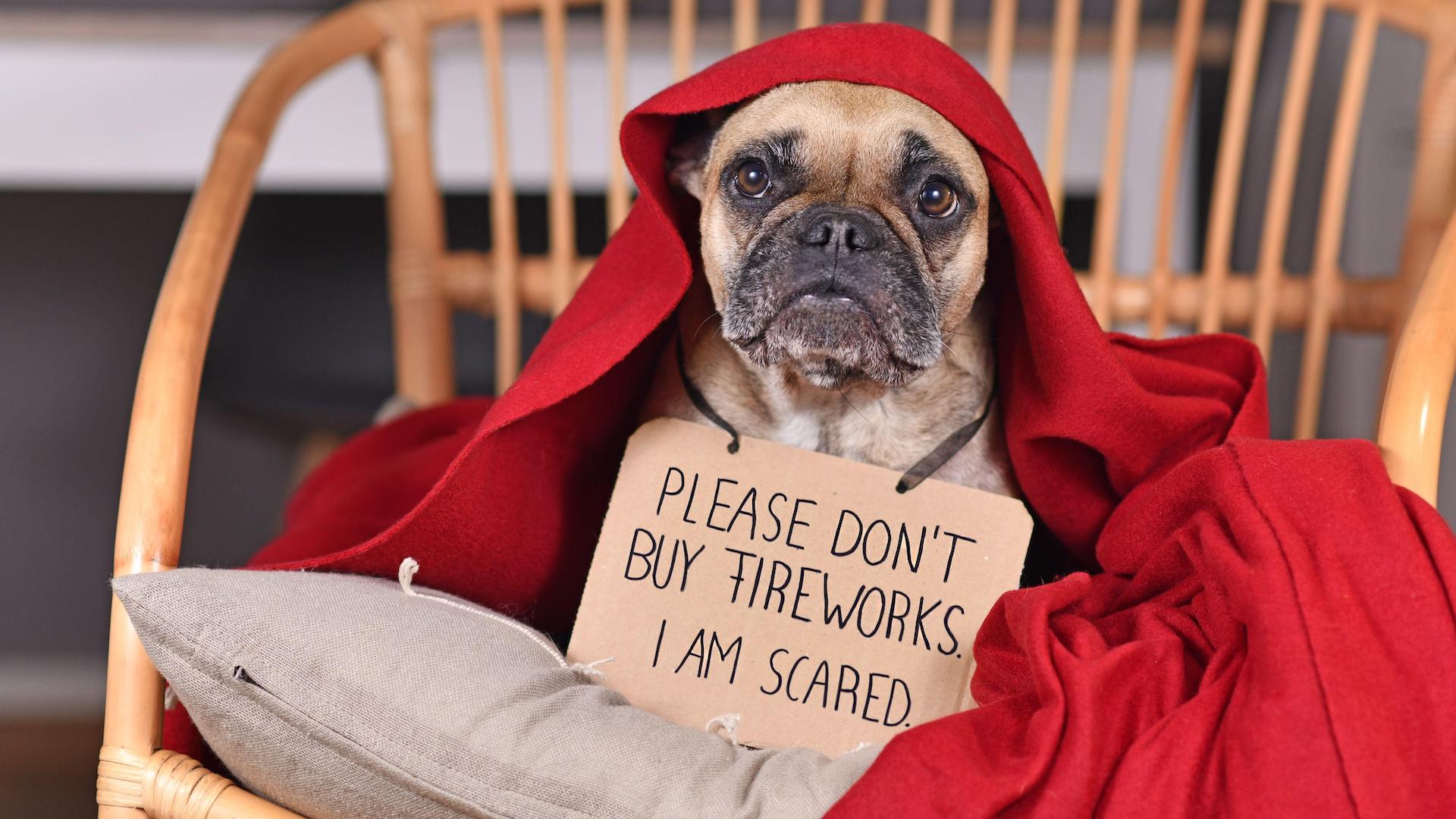
Loud and sudden noises, such as fireworks – or thunderstorms – can be very alarming for our pooches and cause anxiety. This can come as a surprise to humans, given that your average pet dog does not have the trauma of bomb raids or being hit by lightning to cause painful associations. But dogs have exceptional hearing, and the unpredictable bangs and flashes can trigger their fight-or-flight response.
16. You’ll lose your individual identity
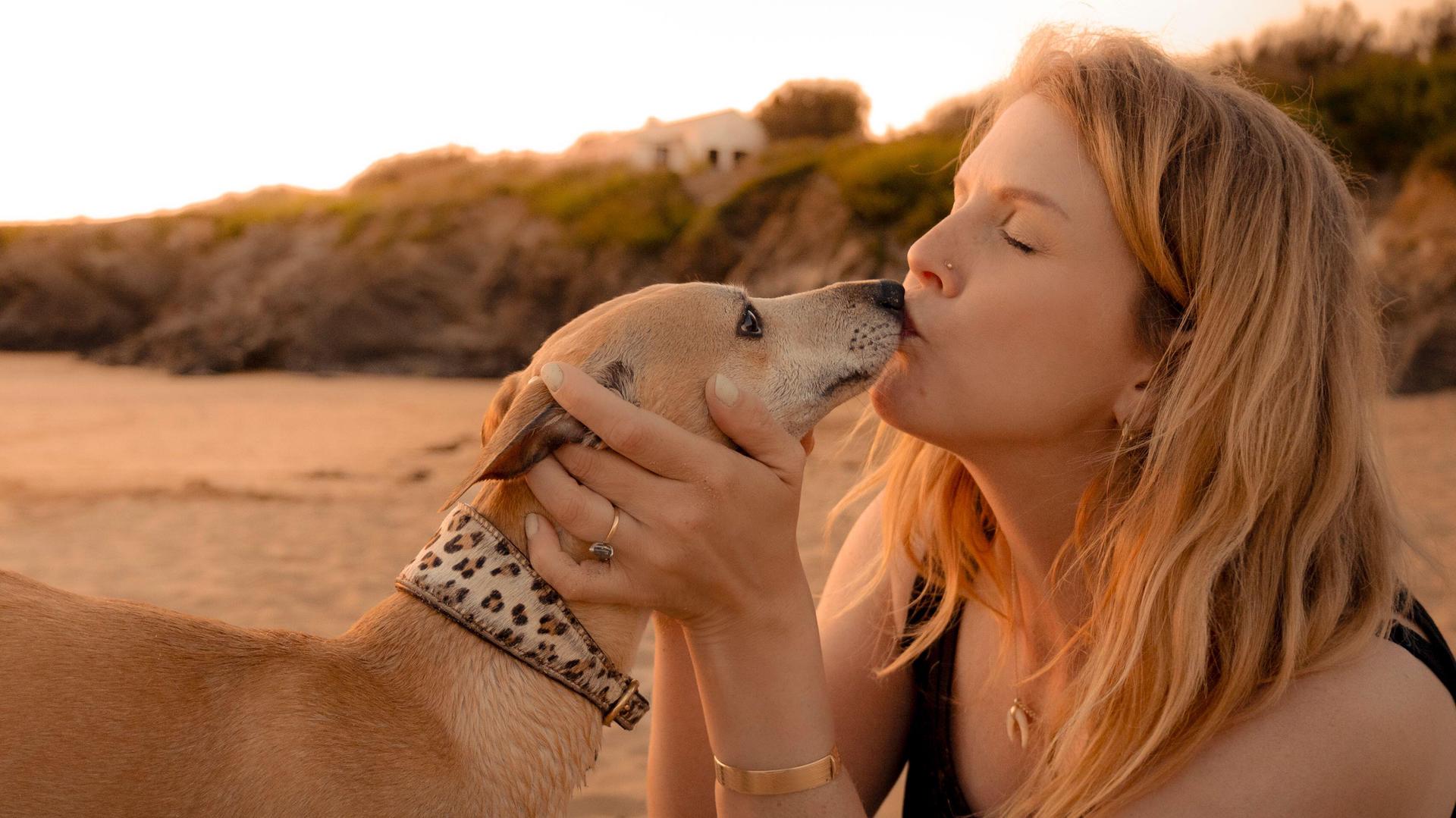
There quickly becomes a time in a well-bonded canine-human relationship when you start to refer to yourself as “we” – because it’s unthinkable that you’d be doing anything without your dog. Before you owned a dog, you would have dismissed the idea of identifying as such a couple as ridiculous, but they quickly have you under their spell and your individual identity evaporates.
17. Dogs can be noisy
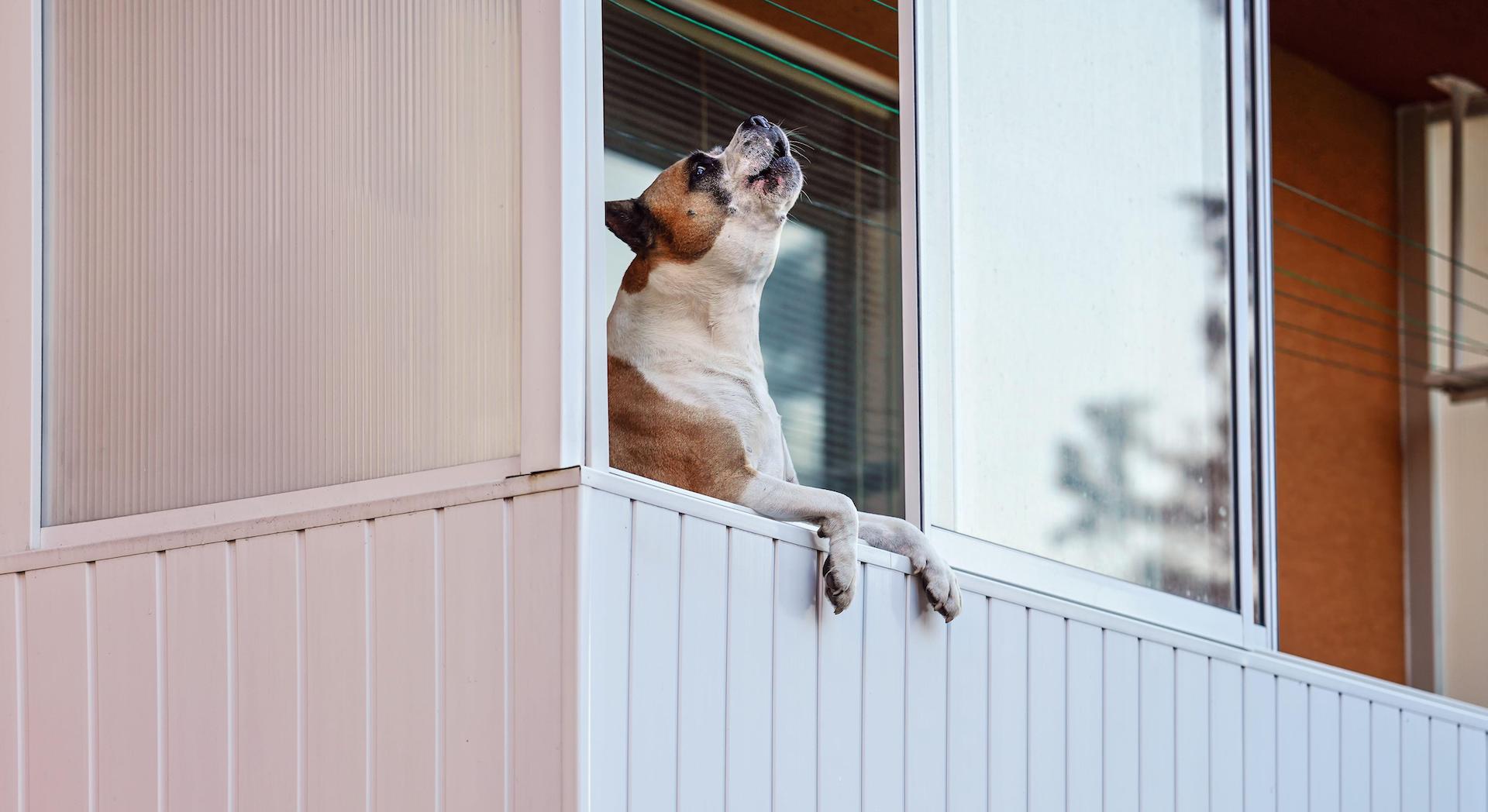
Like babies, dogs can be noisy and there’s not always a lot you can do about it. Some breeds are much more prone to being noisy – they howl, whine, and even bay (foxhounds, we’re looking at you) – though there are ways to encourage dogs to stop excessive barking.
And then there are the snorers and the snufflers (bulldogs, hello!) – so whatever breed you pick, be prepared it’s unlikely to be a peaceful ride.
18. You’re in it for the long haul
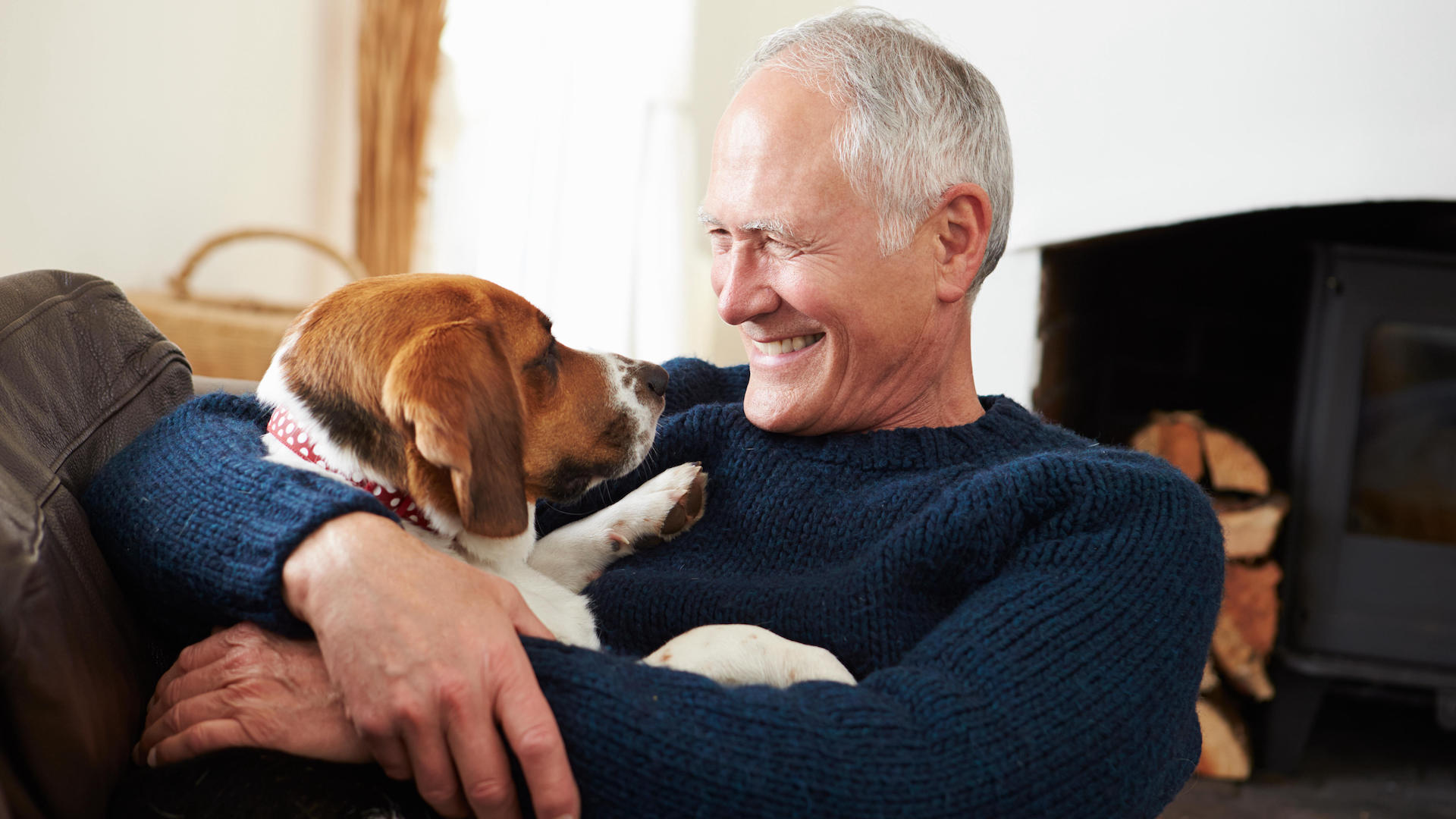
How long do dogs live? Dogs live for around 12 years, on average. While no pet is ideal as a taster to see if caring for an animal is right for you, a dog is more certainly not. They don’t relish being passed from home to home, and if you cannot look after a pet for its full life – in sickness and in health, for richer or poorer, and so on – then it’s not a suitable journey for you to embark upon.
For most dog owners, however, the only snag with a dog is that their “lives are too short, their only fault really” – said American writer Agnes Sligh Turnbull.
19. You need to be impervious to all weathers
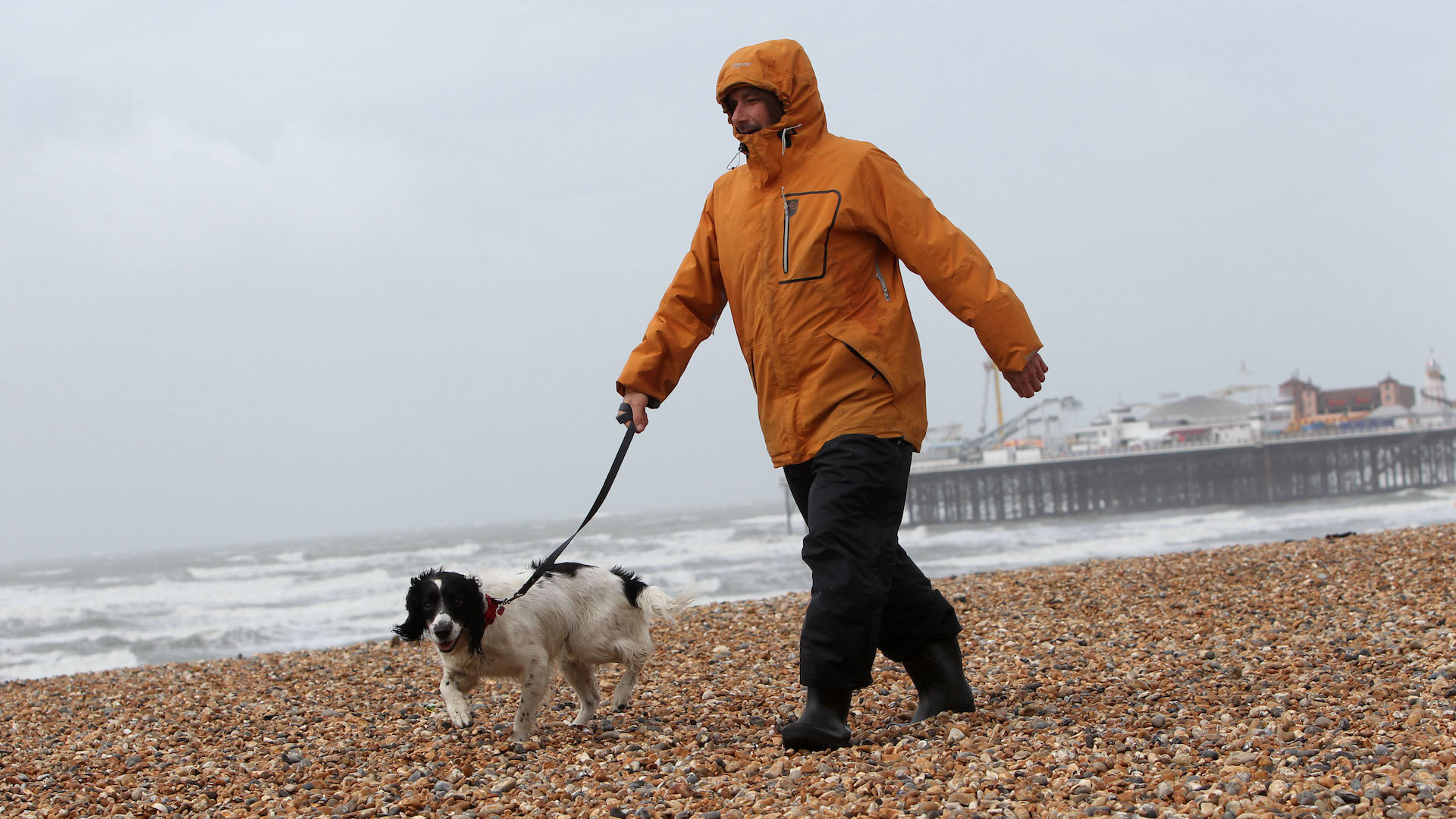
There is no such thing as fair-weather dog ownership. Most dogs are oblivious to wet, wild, and windy weather, relishing a trip outdoors whatever the climate throws at us. Of course, you need to be careful when temperatures get dangerously hot, but at the other end of the scale, if it’s just a downpour, get your coat on for your dog’s daily walkies, and enjoy the elements.
20. They’ll steal your food
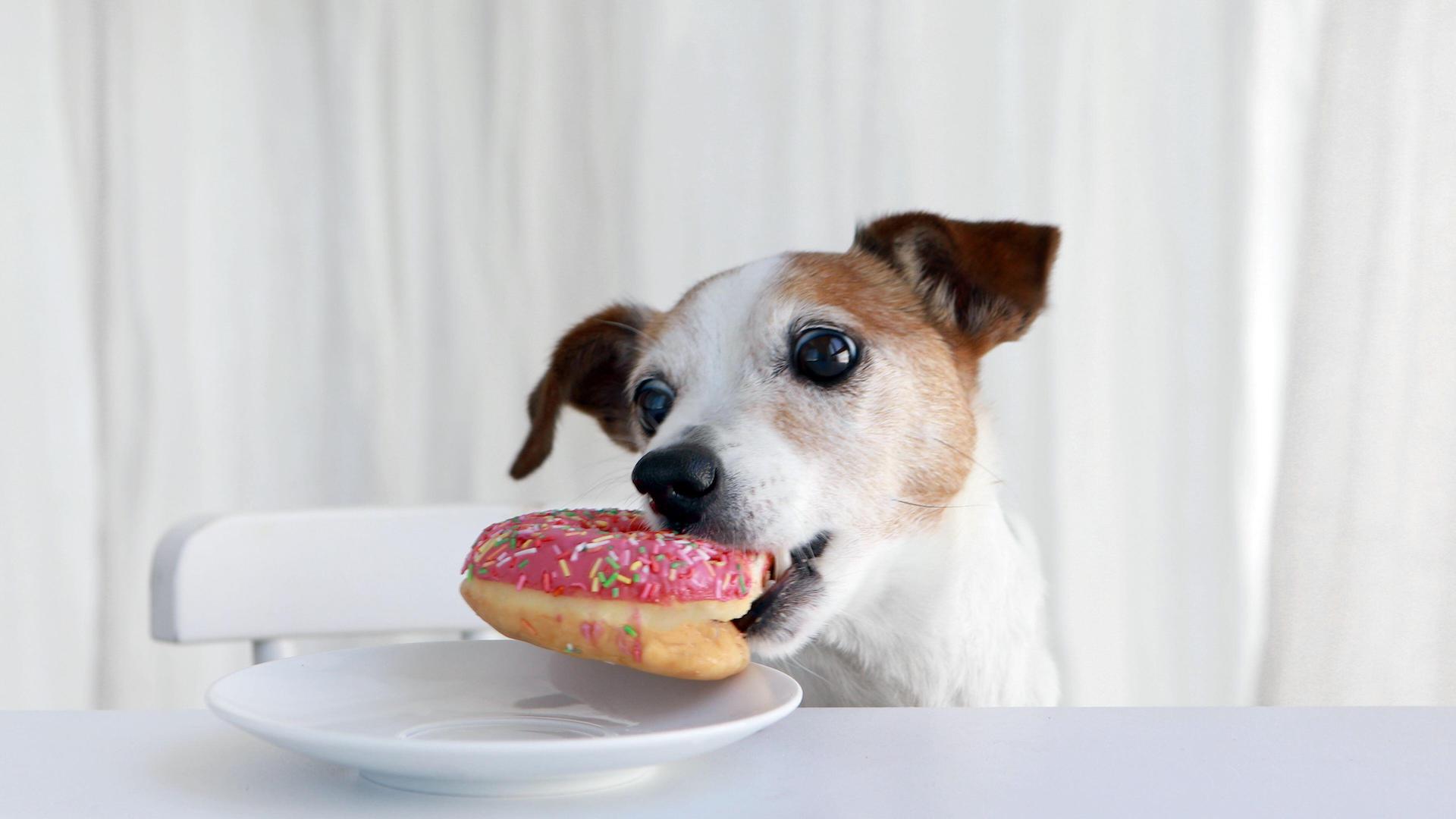
You can – and should – train your dog not to steal food from the table, but when your back is turned it’s sometimes just irresistible. Particularly for taller dogs, such as wolfhounds, food is often set out at a tempting nose height, and they can surreptitiously graze from the platters as they pass. No one needs to know, do they?
21. Some human foods are toxic to dogs
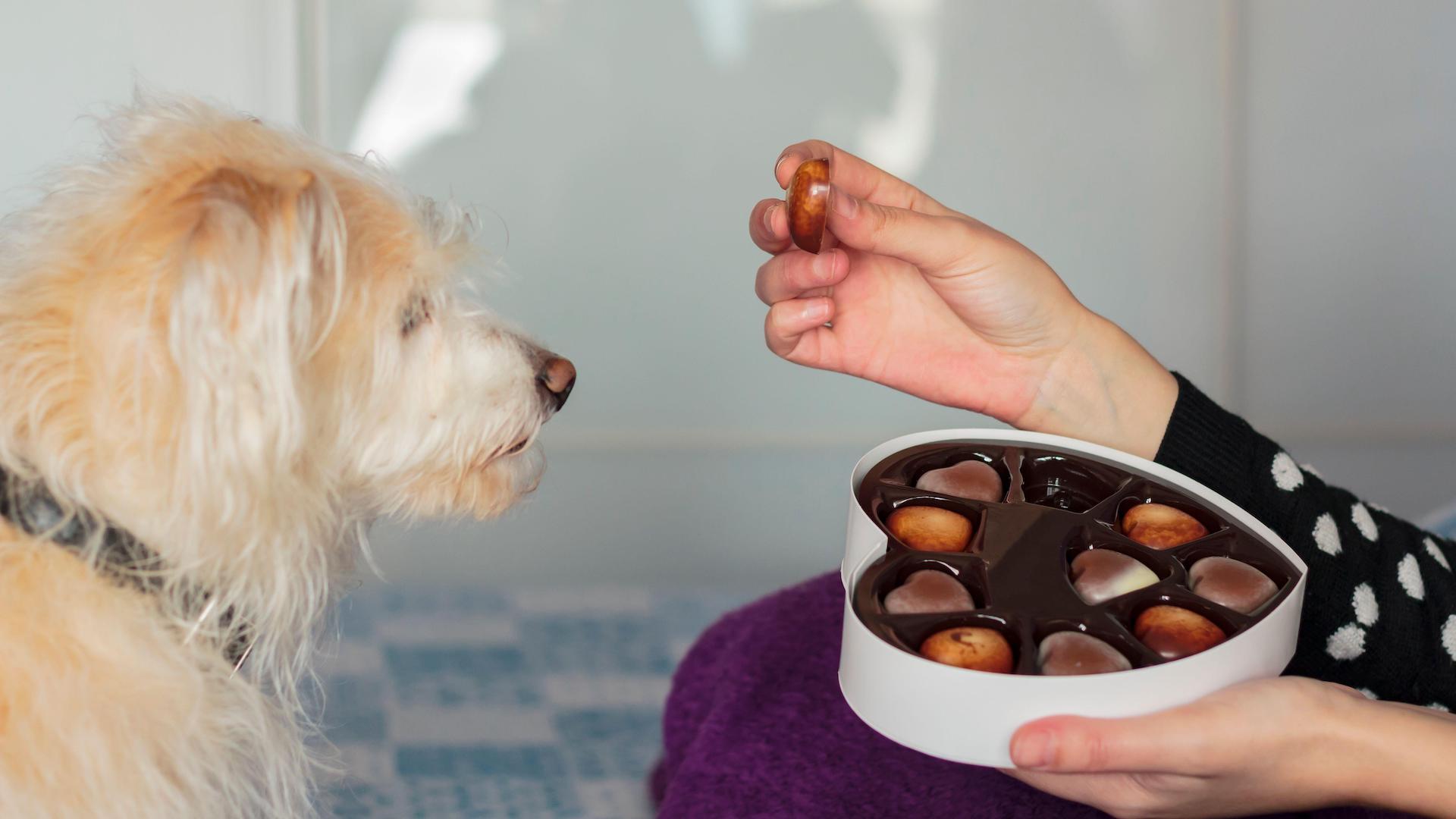
You might envisage scraping the leftovers from your dinner for the dog to guzzle on, leaving no wastage and clean plates. However, it’s not so simple. There are many foods that dogs should never eat, including many that are well tolerated by humans. Unfortunately, simple and ubiquitous ingredients such as garlic, onion, and chocolate can make your dog very sick. Moral of the story? Don’t share your food!
22. They need plenty of mental stimulation
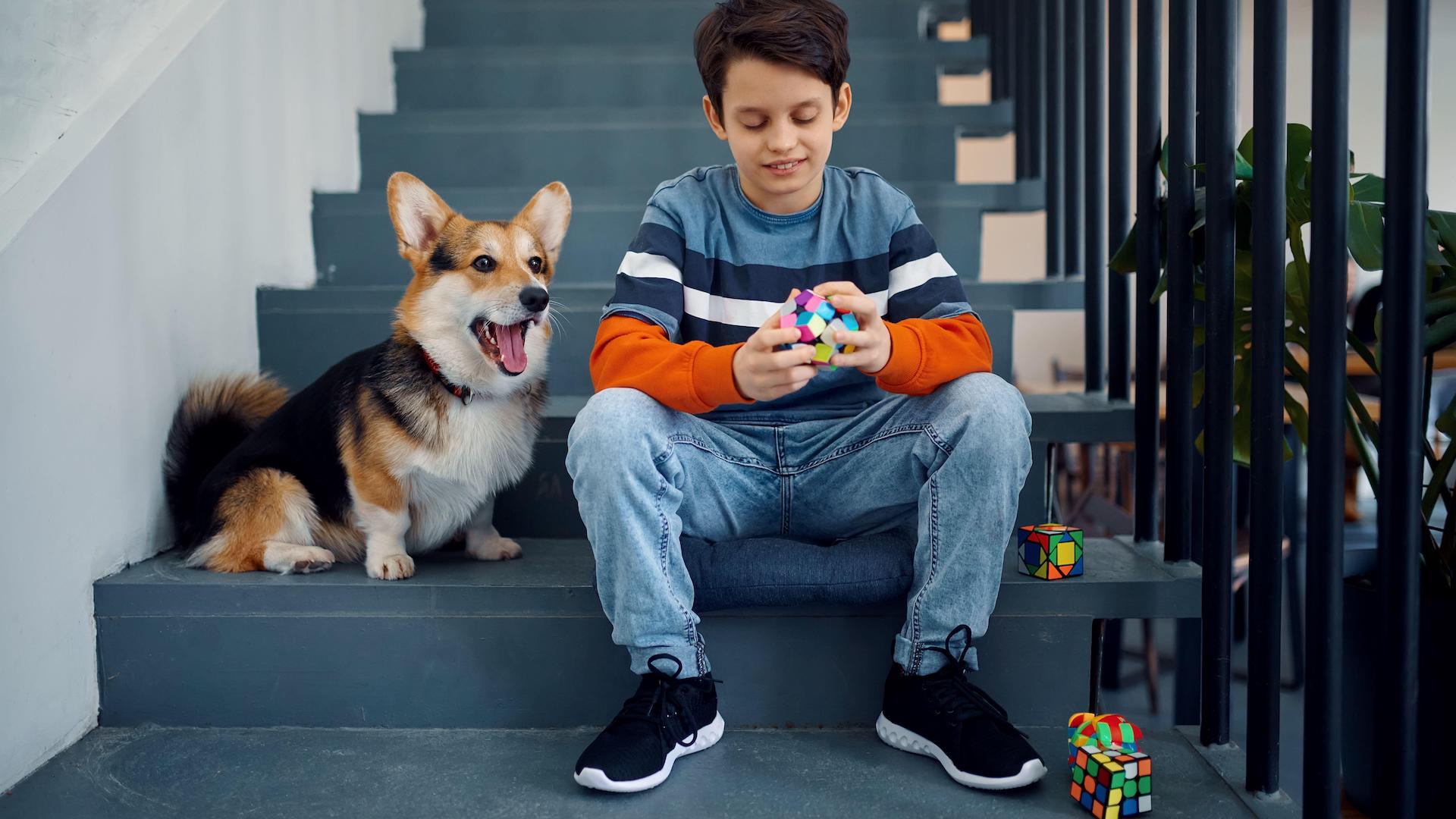
Walkies are synonymous with dogs, everyone knows that. But the idea that a pooch might need his brain challenged is not as commonplace. Dogs can easily be frustrated or bored, but tend to flourish when they are given some of the best dog puzzle toys to work out, and challenges to stimulate the mind. The result is typically a more contented dog who is less prone to anxiety and destructive tendencies – plus it builds the human-canine bond.
23. Daily exercise is a must
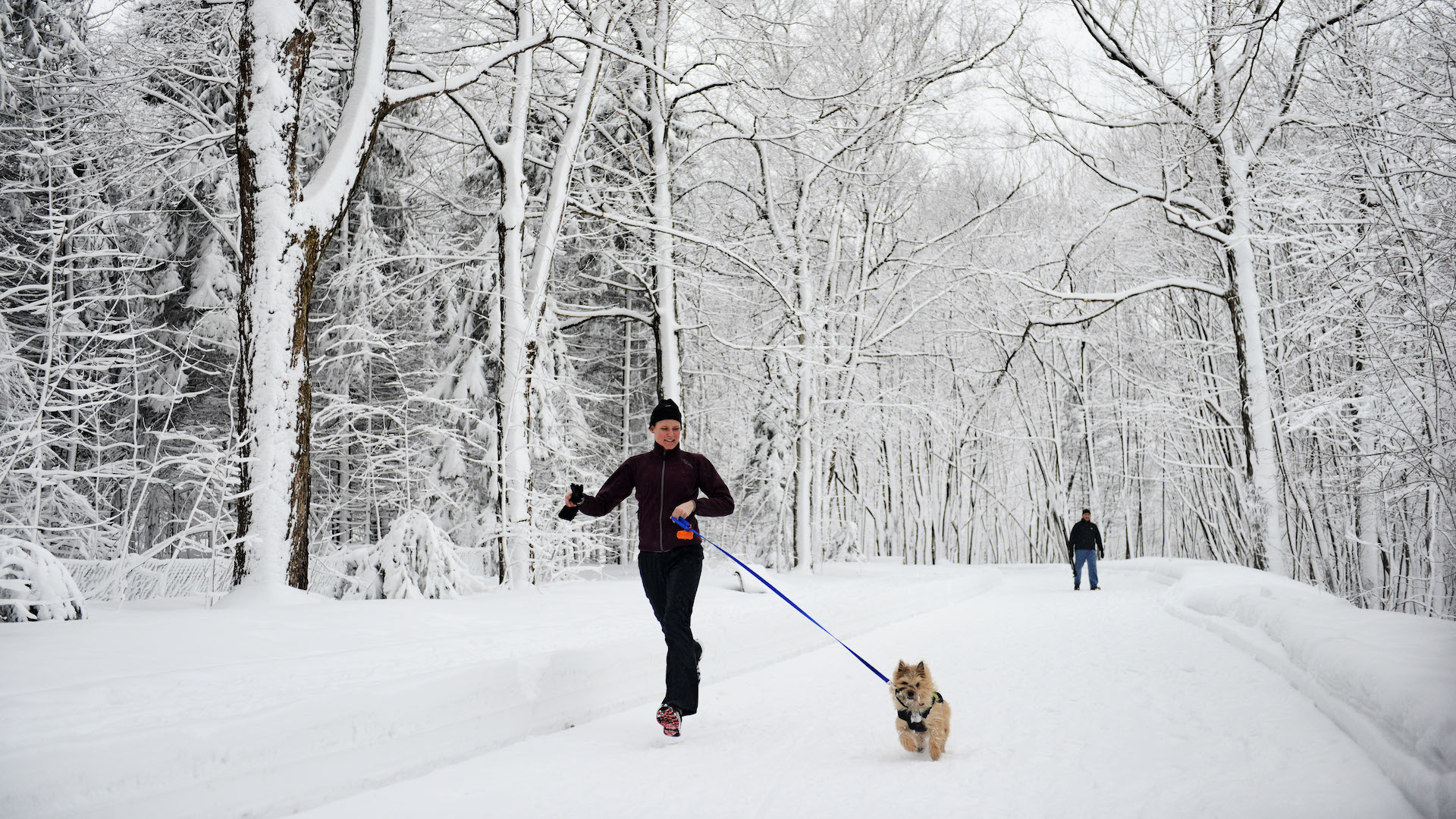
How much daily exercise a dog needs depends largely on its breed and age. Puppies and toy dogs need comparatively little, but a big, strapping breed in full health and designed to work – such as a pointer or a collie – may need at least two hours of vigorous exercise a day. It’s well worth investigating as if you’re keen on lots of exercising, there are many breeds made for running. And these are worth steering clear of if your idea of a walk is a quick circuit of a city park.
24. They aren’t independent pets
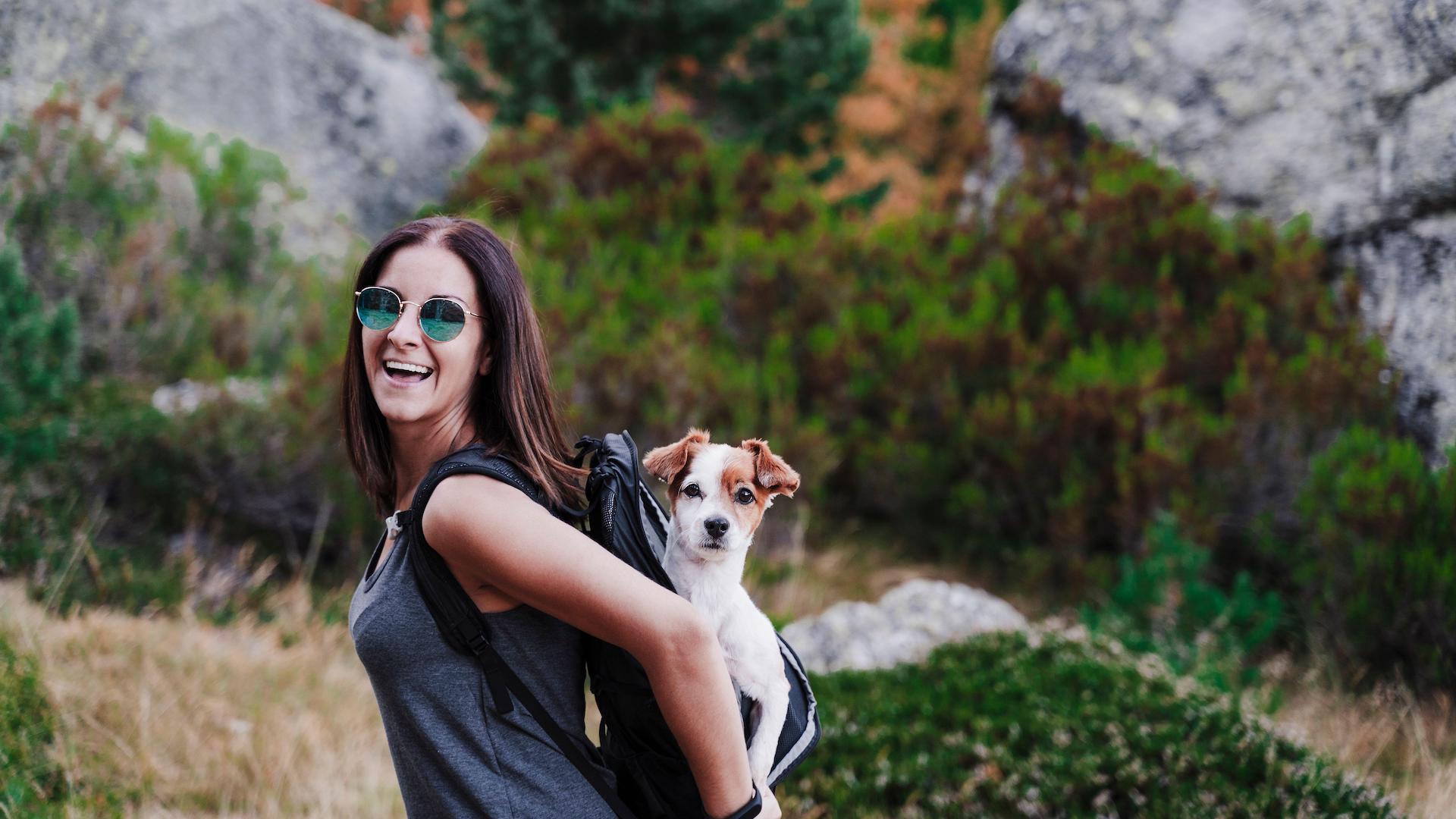
Some dogs are more reserved and less needy than others, but overall dogs are not independent pets. Unlike some cats, who give the impression that your presence is barely needed, dogs require attention. They need walking, grooming, mental stimulation, feeding, and company – so they aren’t the right pet for those who are out of the home a lot either during the day or for longer trips.
25. You may need a professional trainer
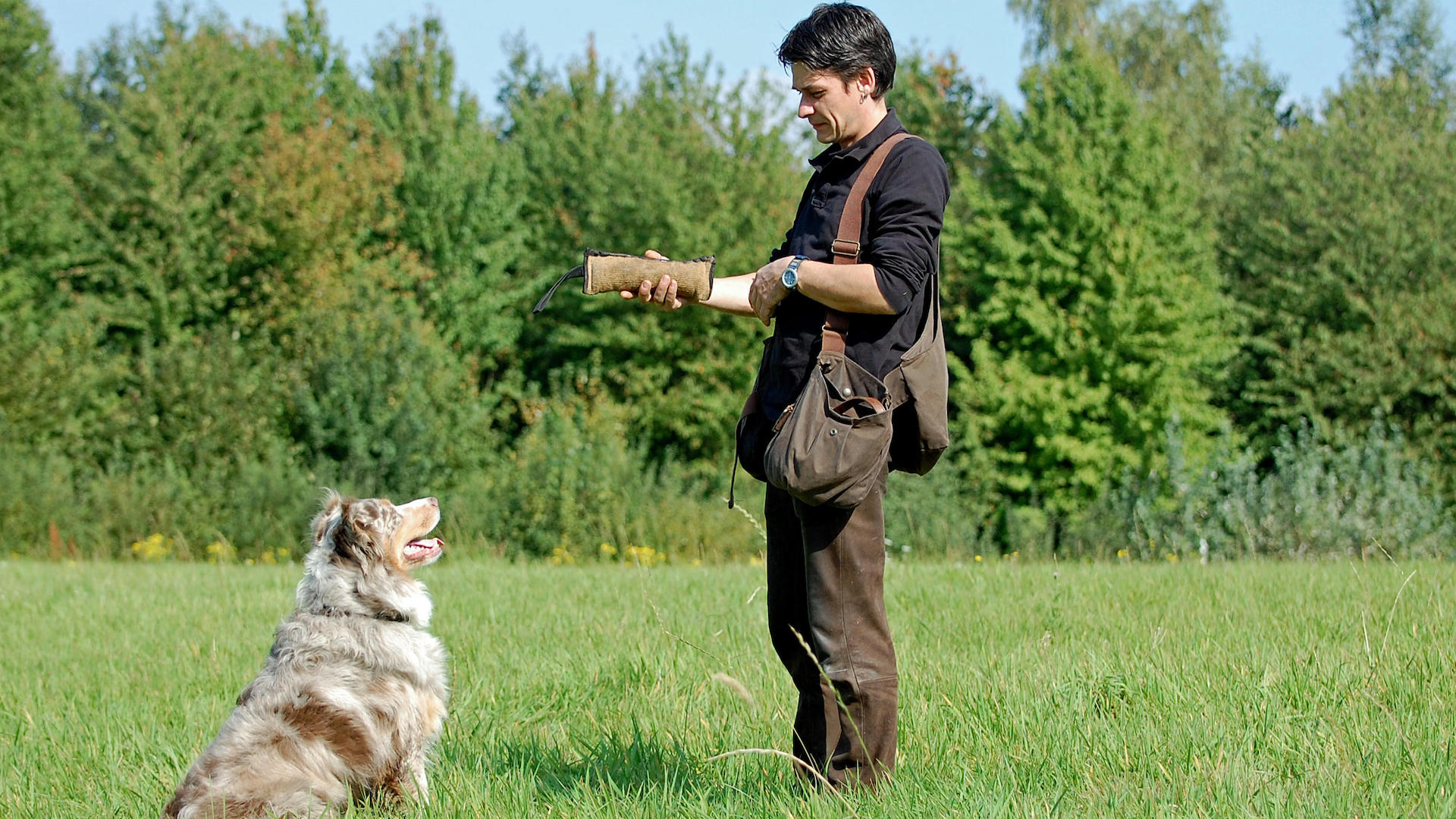
Many of us have this idea that our puppy will grow up into a wonderfully biddable and attentive adult dog, but this level of trainability doesn’t always come naturally – either to the dog or especially to a first-time owner. Don’t see it as a failure if you have to seek professional help – it should reap rewards in the long run.
26. Some friends won’t love your dog
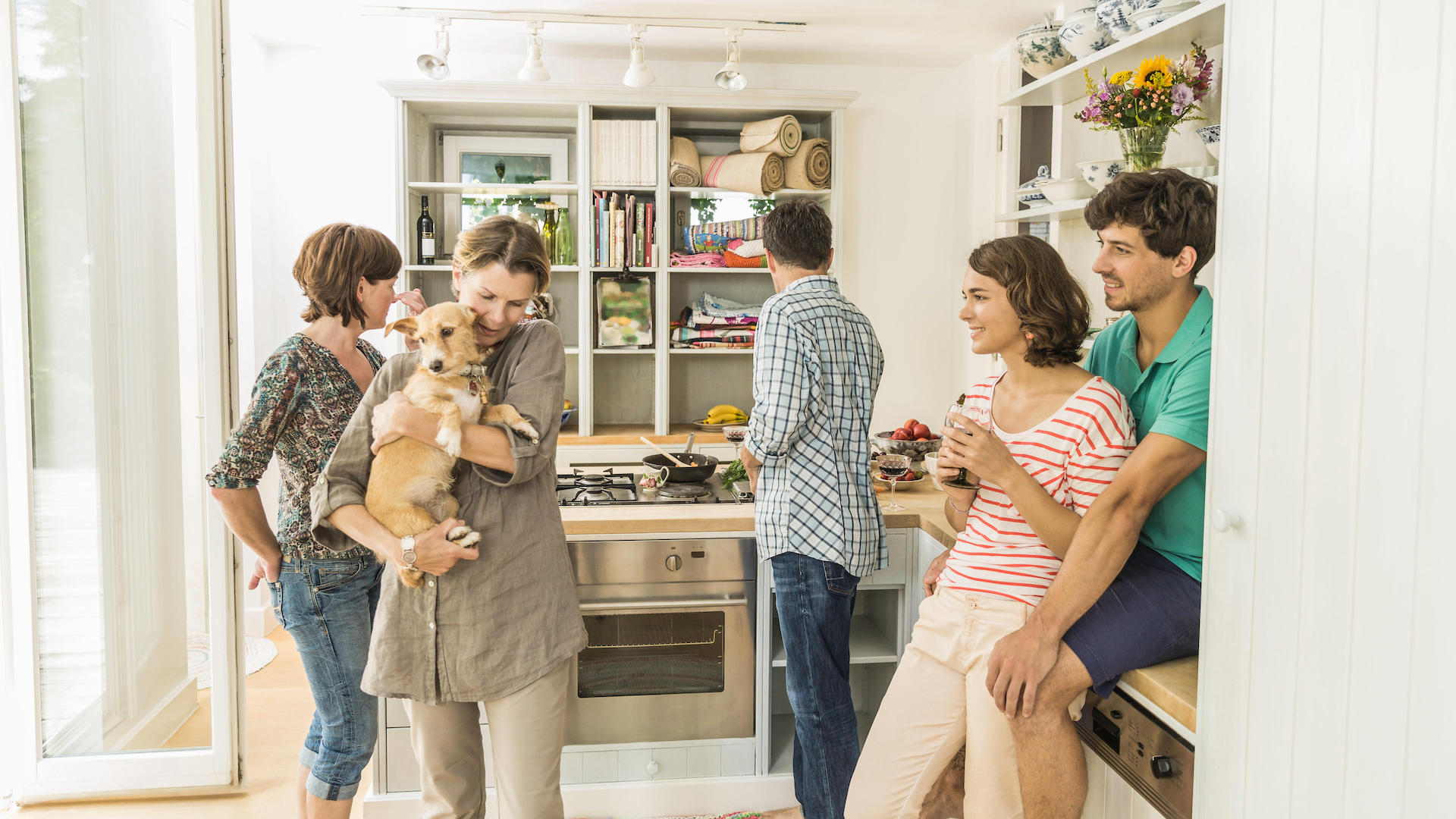
You are bound to be devoted to your new pup – a delightful little bundle of fluff that you have personally chosen, researched, and become besotted with. However, you cannot expect your friends to have the same levels of attachment. Some friends may dislike dogs, they may be allergic to dogs or have had a bad past experience.
Go gently as you work out whether your friends are chilled out about the new addition to your household, and don’t bore them with endless puppy tales – it would be a shame to ruin a friendship this way.
27. Allergy triggers
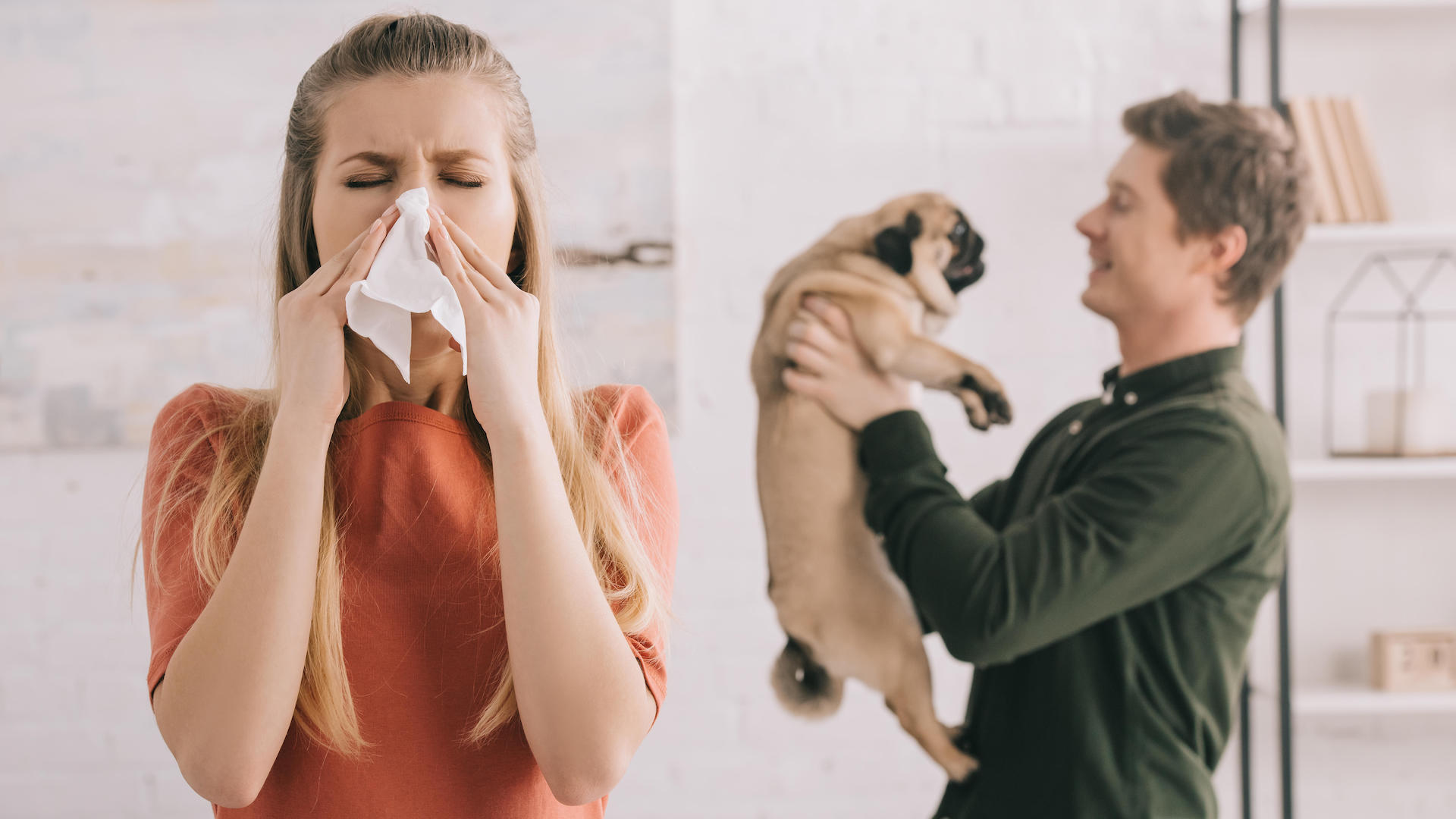
Dogs can trigger allergies that people didn’t even know they had. Some allergic individuals actually tolerate some dogs better than others – depending on the amount and type of allergen produced.
Contrary to popular opinions, this is not always tied to specific breeds, although as a general rule low-shedding dogs such as poodles and other hypoallergenic dog breeds tend to release less dander than others, and therefore are less likely to set off sneezing fits.
28. Dogs can have allergies, too
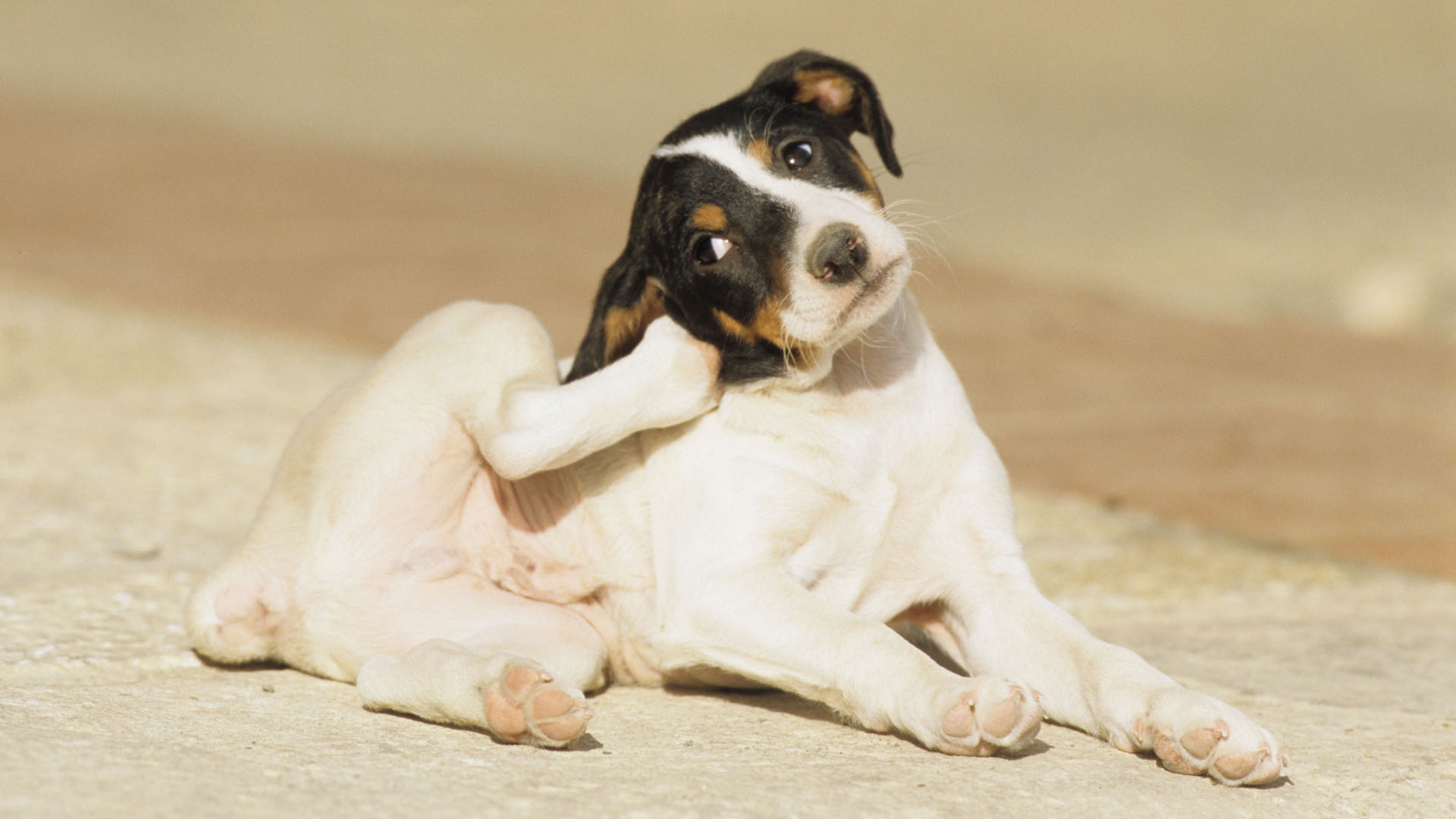
Unfortunately, dogs can be allergic to many things – including even other dogs! Common allergens in dogs include food (chicken, beef, wheat, lamb, and so on), pollen, dust mites, grass, and fleas. Their symptoms may be scratching, licking, rubbing, swollen skin and hotspots, hair loss, gastrointestinal upsets and infections.
29. Travel is complex
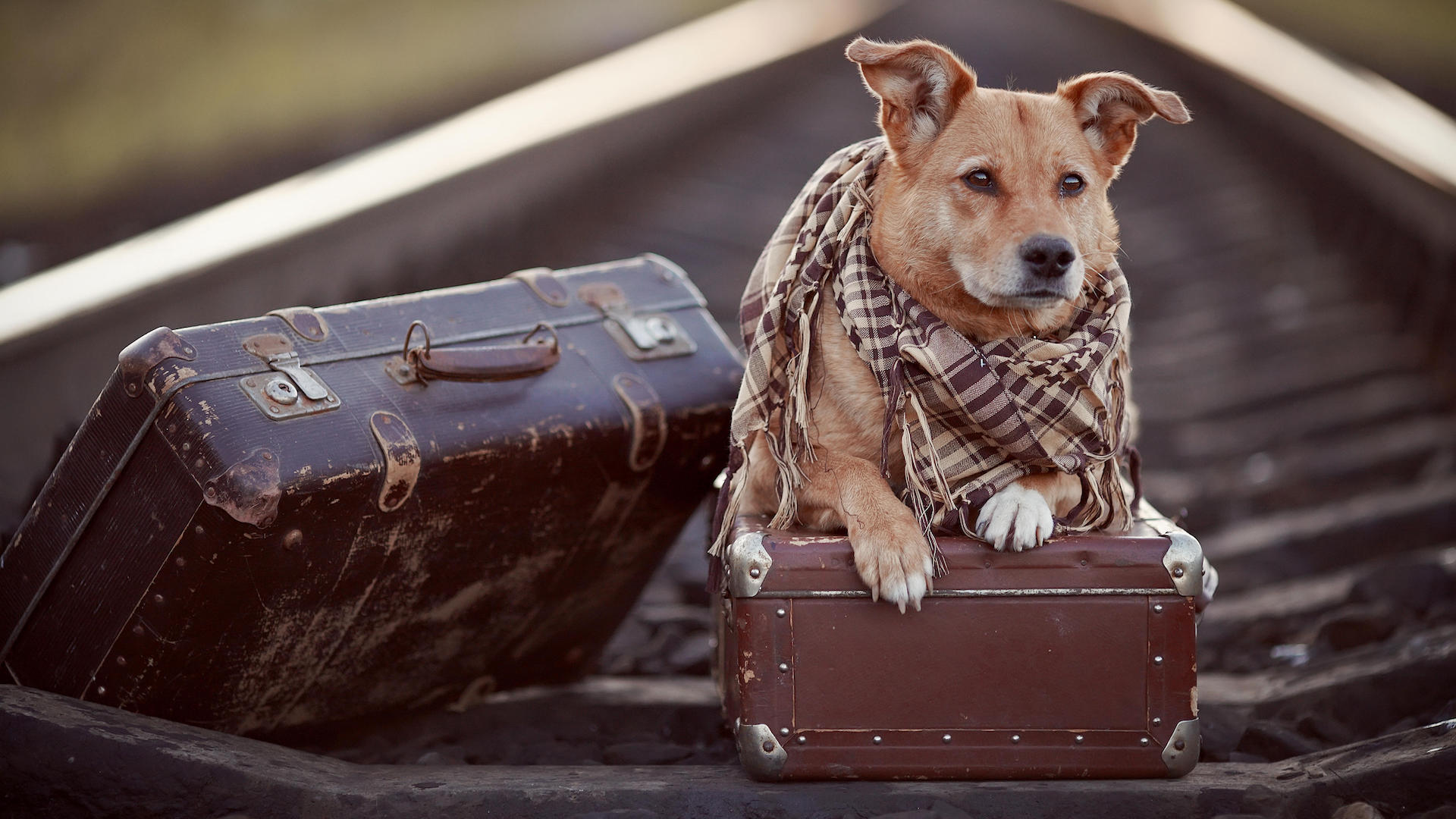
In your pre-dog era, you could pretty much travel when and where you wanted without a care in the world. Post-dog, options are much more limited. Accommodation needs to be pet-friendly, traveling on public transport is complex, and flying even more so. For dogs living in the UK, simply traveling to mainland Europe requires a stash of paperwork, rabies jabs, and vet checks. Plus their kit – dogs often don’t travel light.
30. Your garden may never be the same again
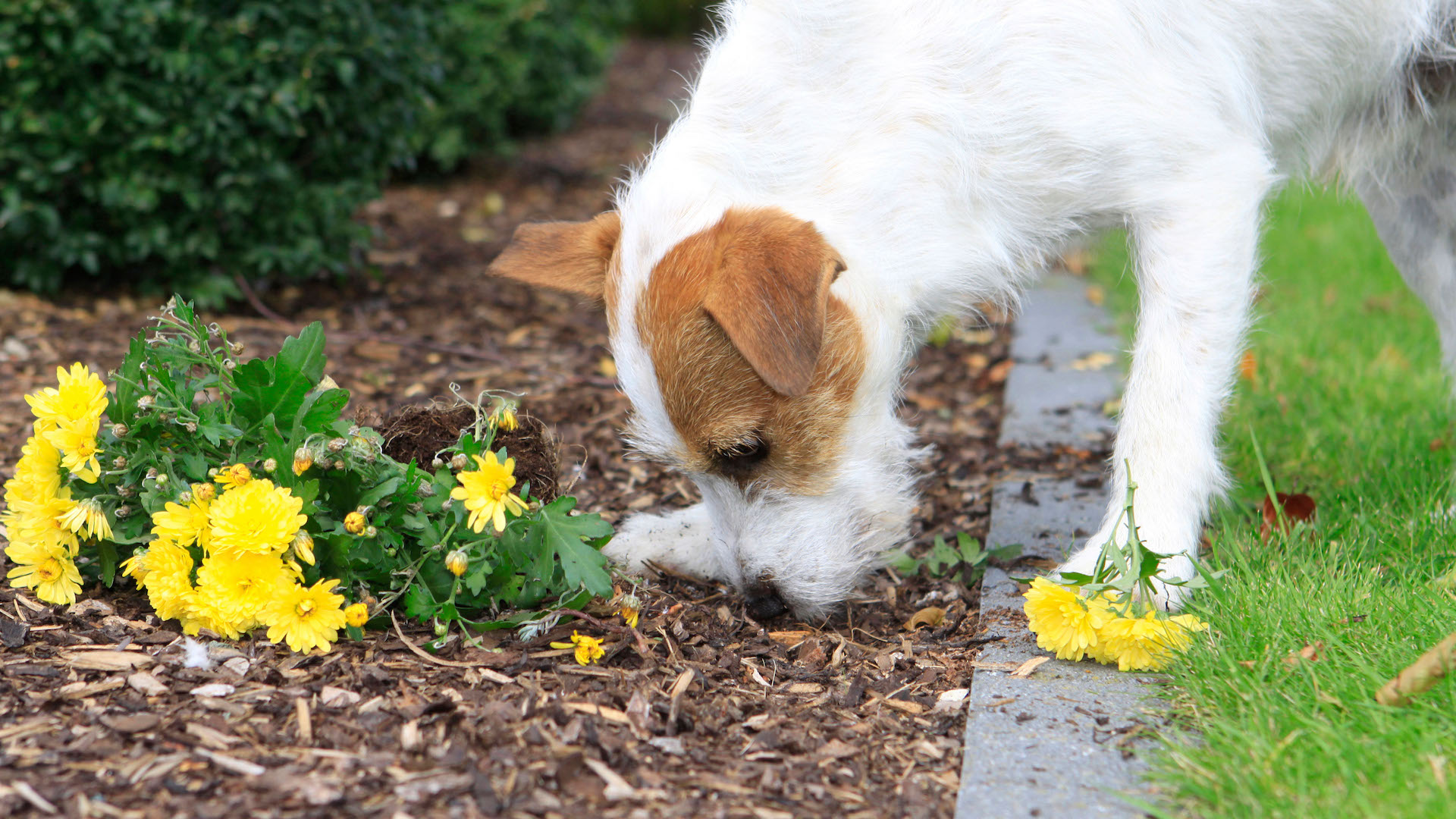
Digging is a natural behavior for dogs, especially if you have a terrier, who has been bred over generations to do so. It can be a source of great joy, stimulation, and exercise, but can become a nuisance when they dig up your prize delphiniums, and potentially dangerous when they burrow an escape route under the boundary fence.
31. They may not get along with other pets
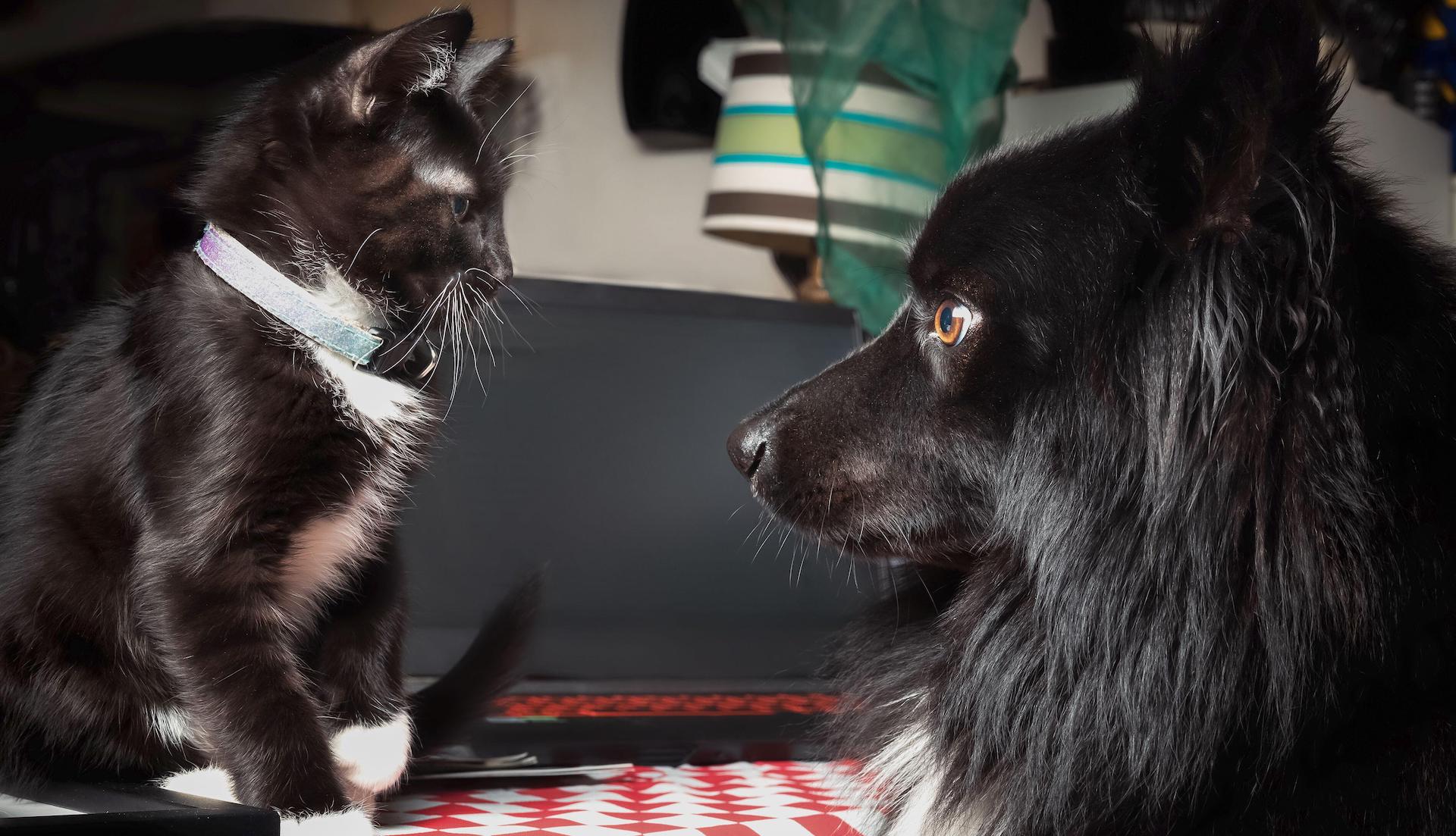
In movies, animals often get along with one another in a state of perfect harmony, even falling in love – but the reality is more delicate. New dogs should always be introduced to the resident pets very carefully and under supervision. And don’t forget that many dogs are natural hunters and small pets may be just too tempting as prey.
32. Their grooming needs
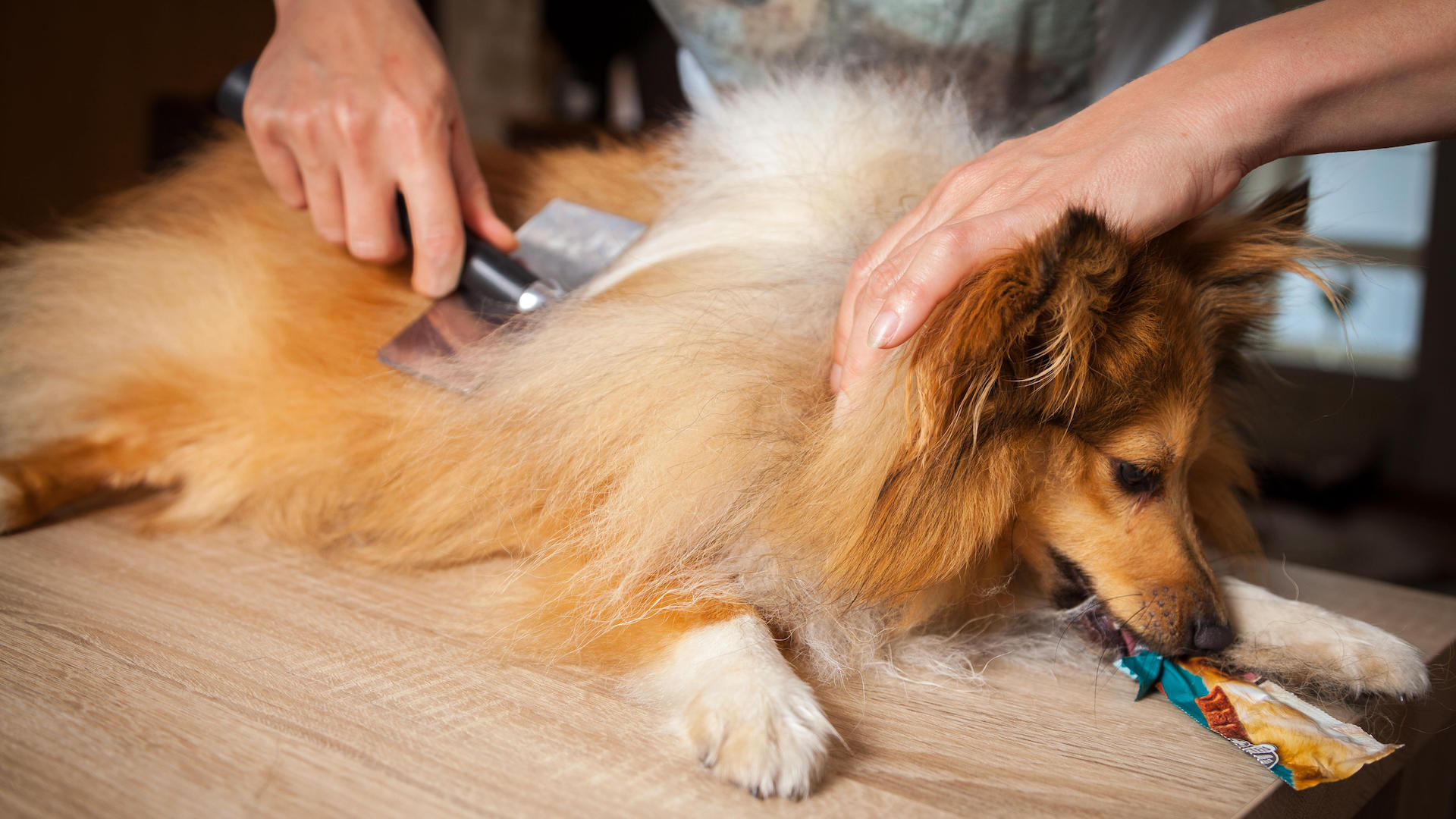
There are some breeds that are as good as wipe-clean, such Vizslas and Weimaraners, but most dogs have longer fur that benefits from regular grooming, be it daily or weekly. The longhaired dog breeds might be stunners, but before you succumb to the beauty of their locks, ask yourself whether you really have hours to spare with a brush as looking that good takes a lot of effort.
Still thinking a dog is right for you? Here’s what to consider if you’re thinking about adopting a dog vs buying from a breeder and here are the best things about owning a dog
Martha is an experienced journalist working in both print and digital media. She specializes in the canine, equine and rural sphere where she has covered a wide range of topics from cloning animals and the ingredients for a perfect yard dog, to helping owners find the best canine GPS trackers on the market. When she’s not busy writing about dogs and horses, she’ll be found either aboard a horse or looking after the menagerie of pets in her care.
